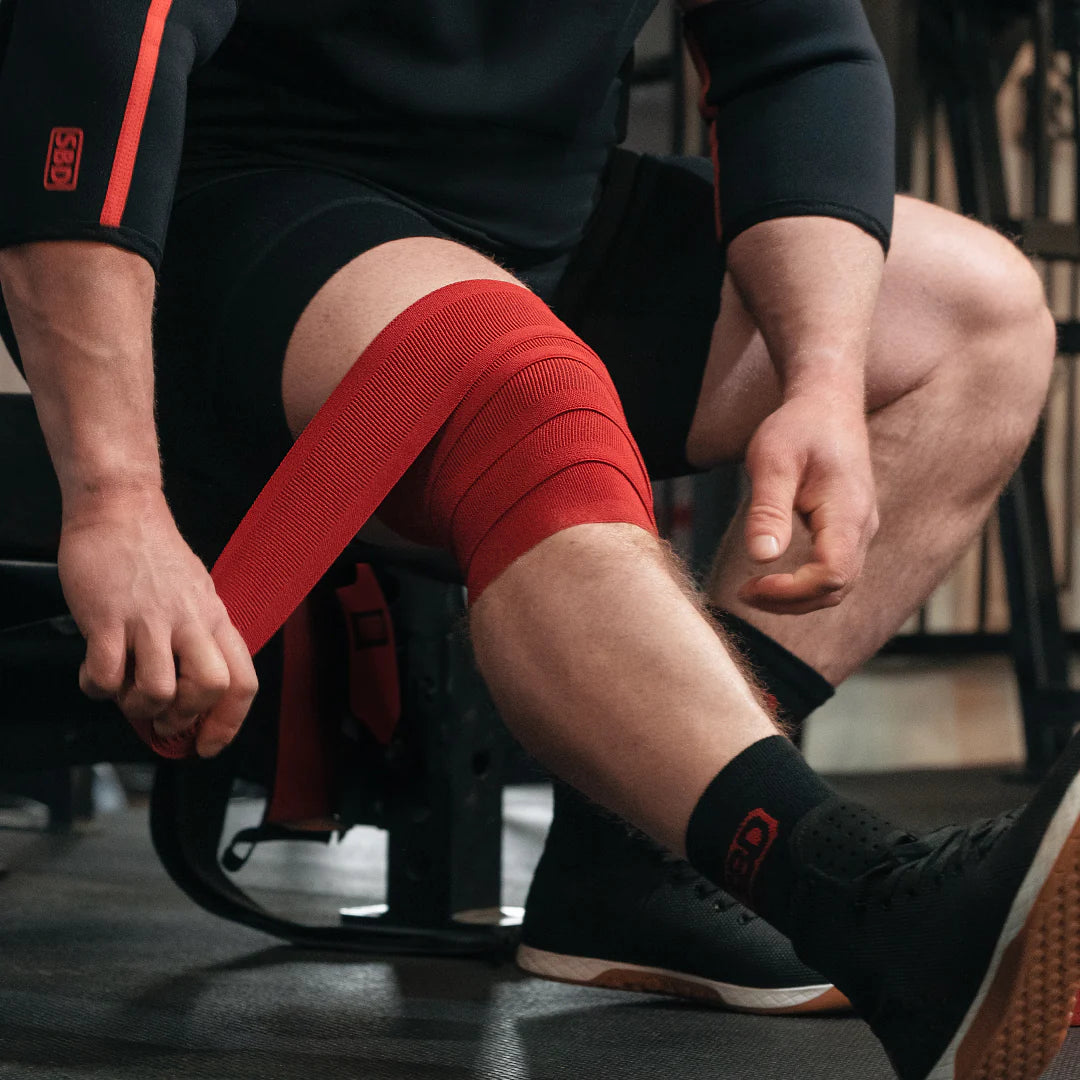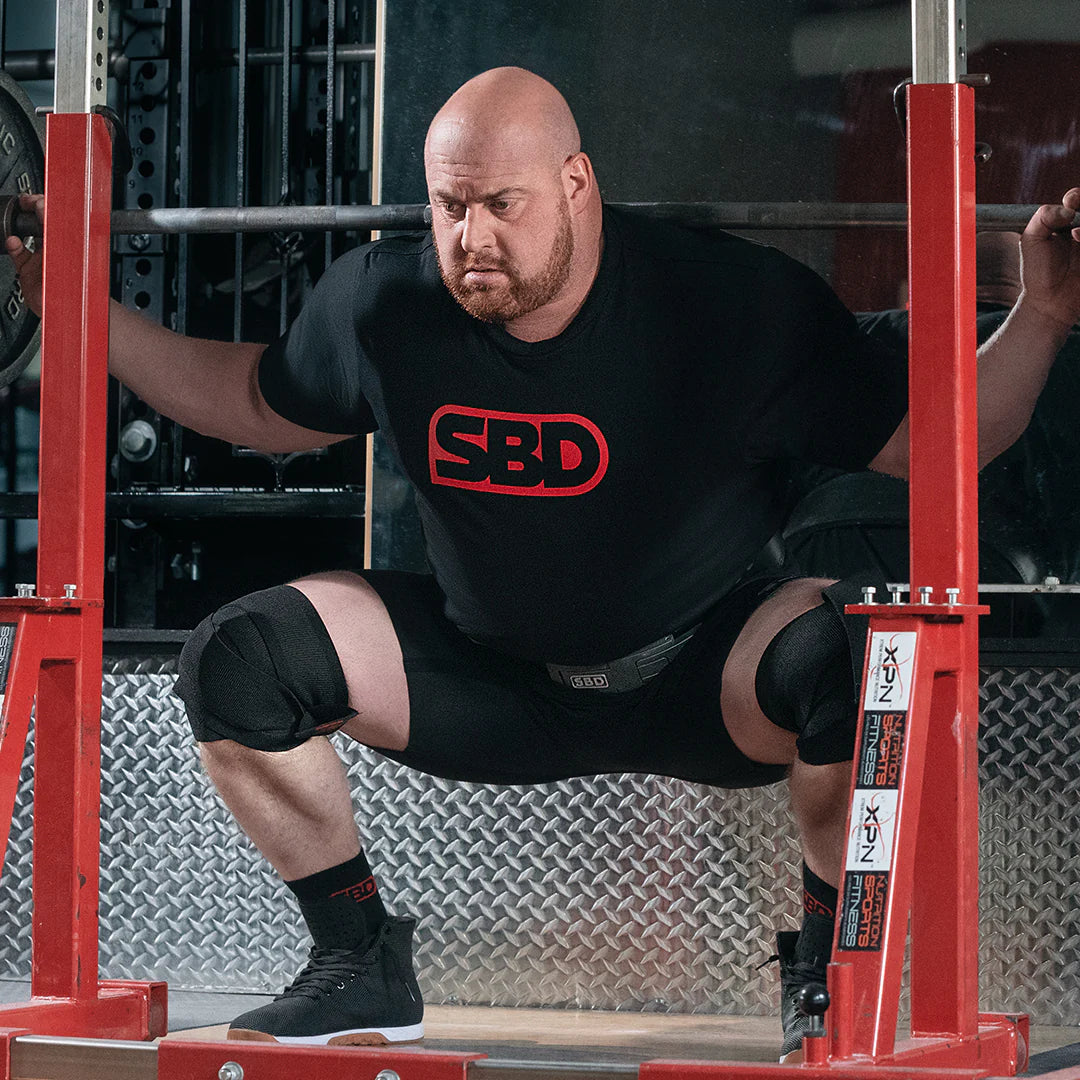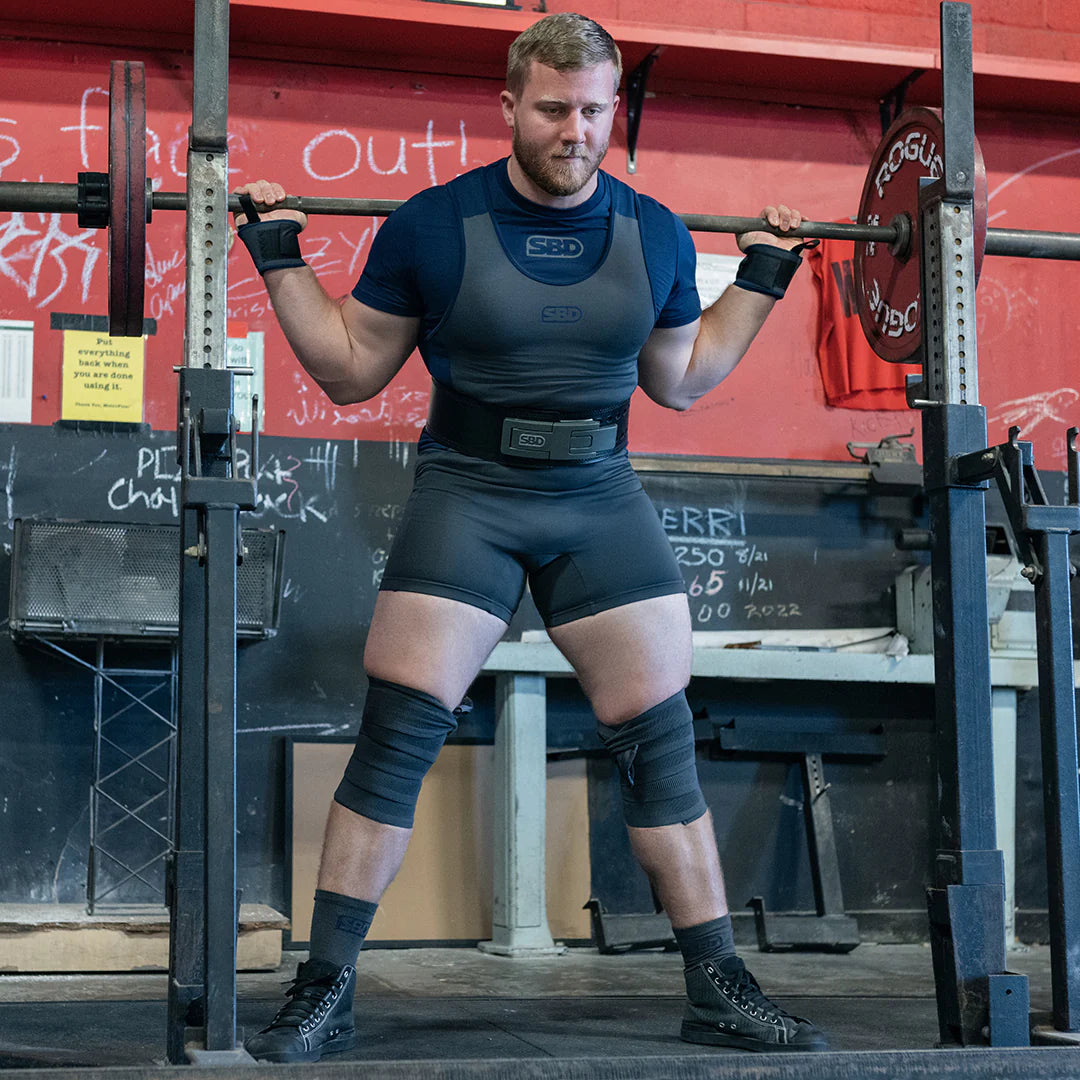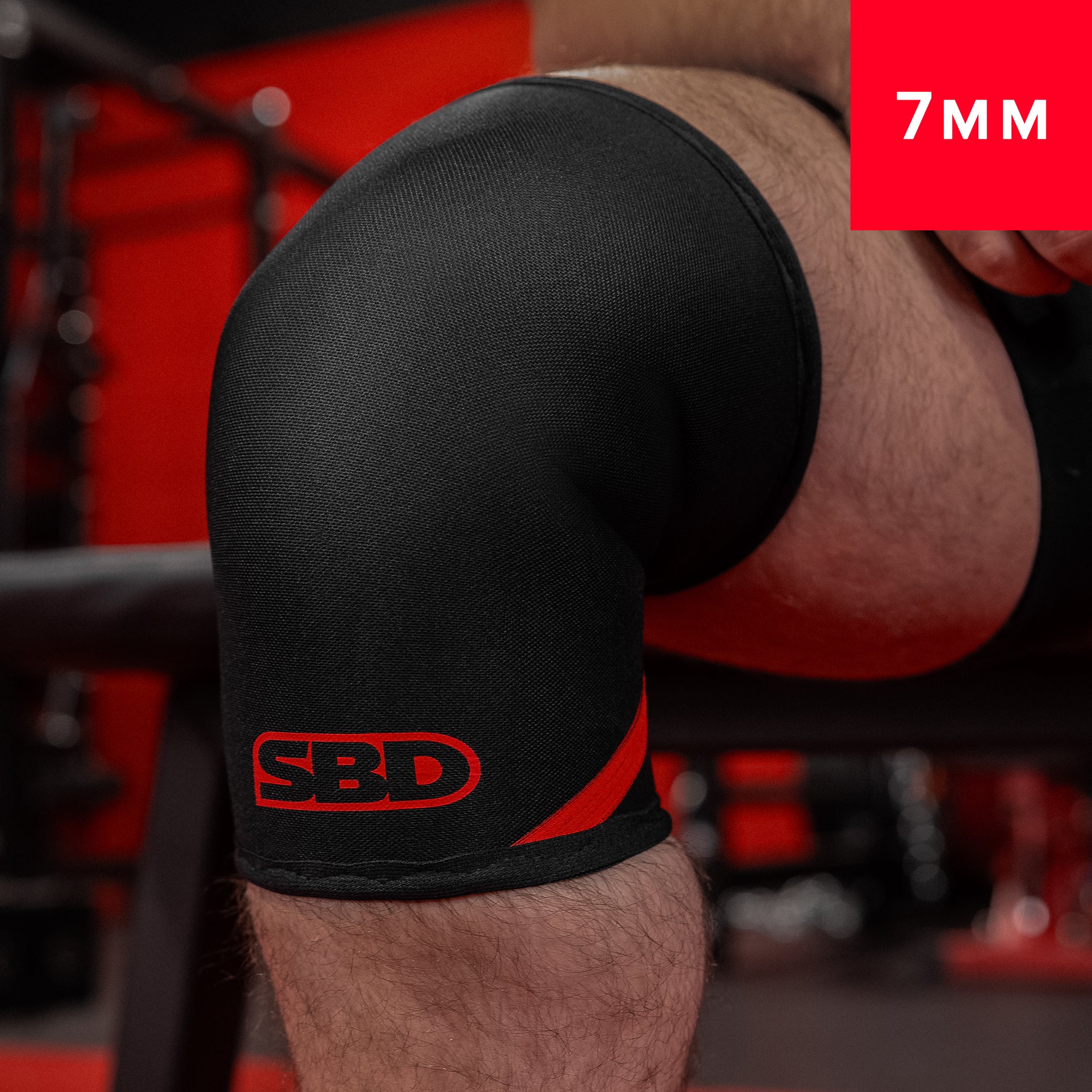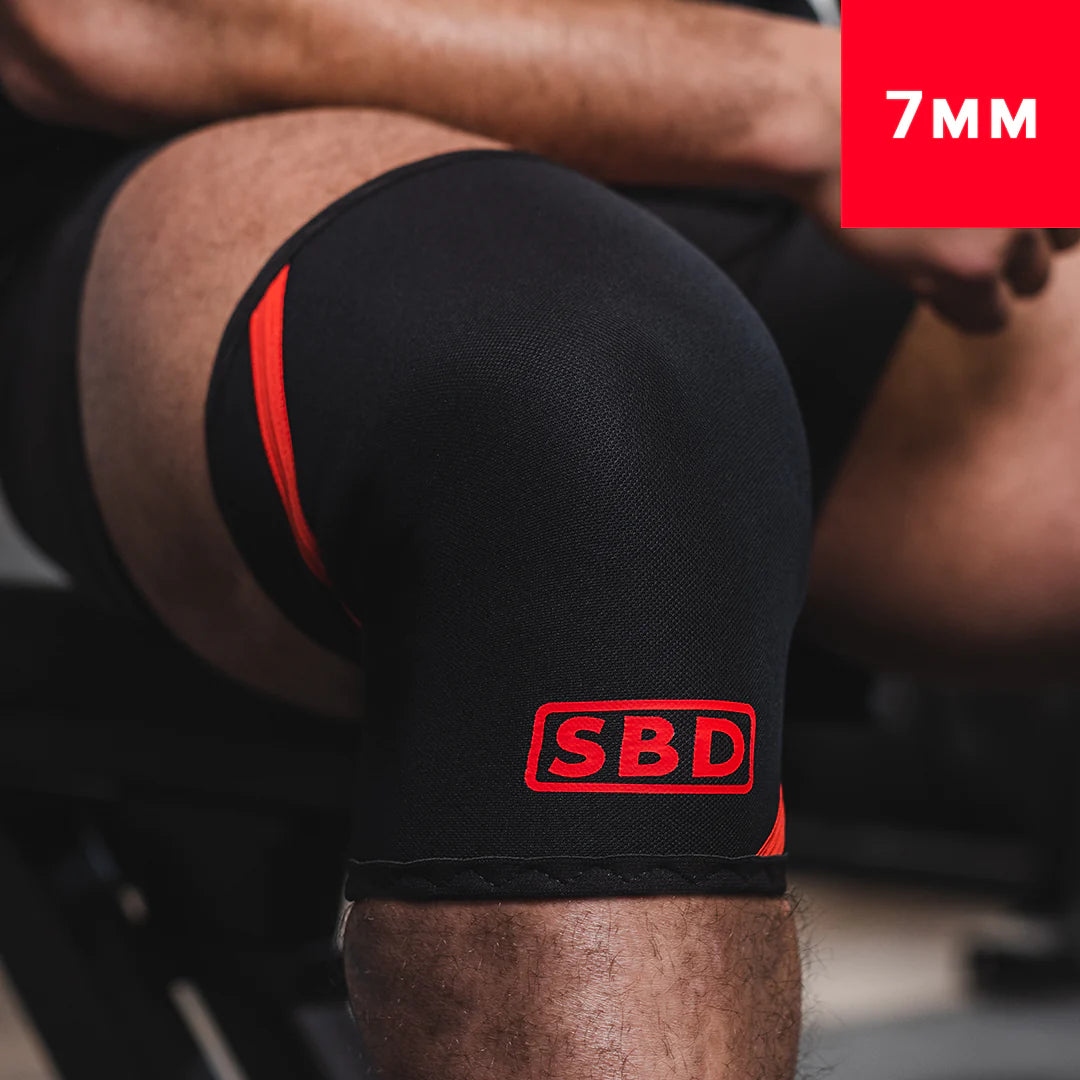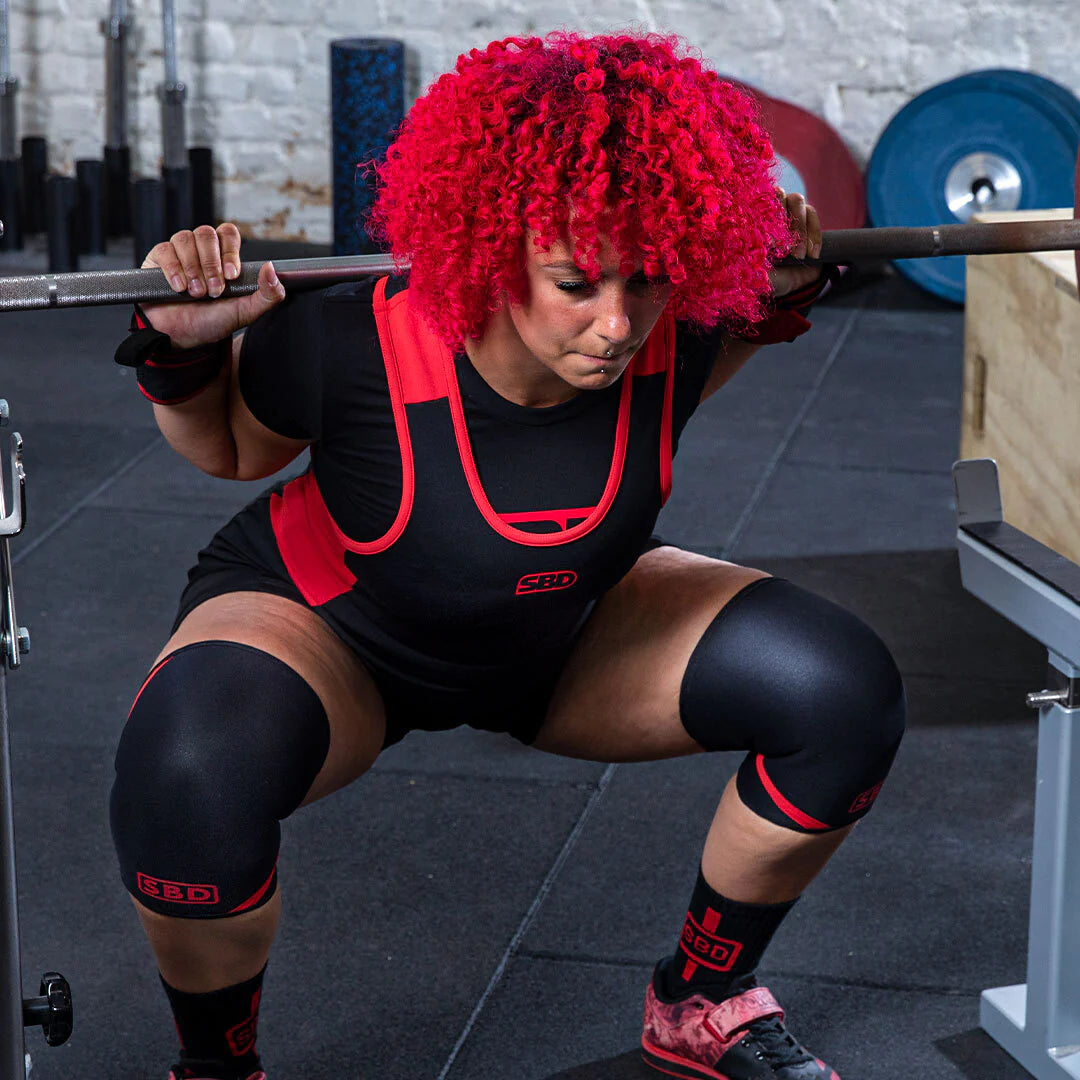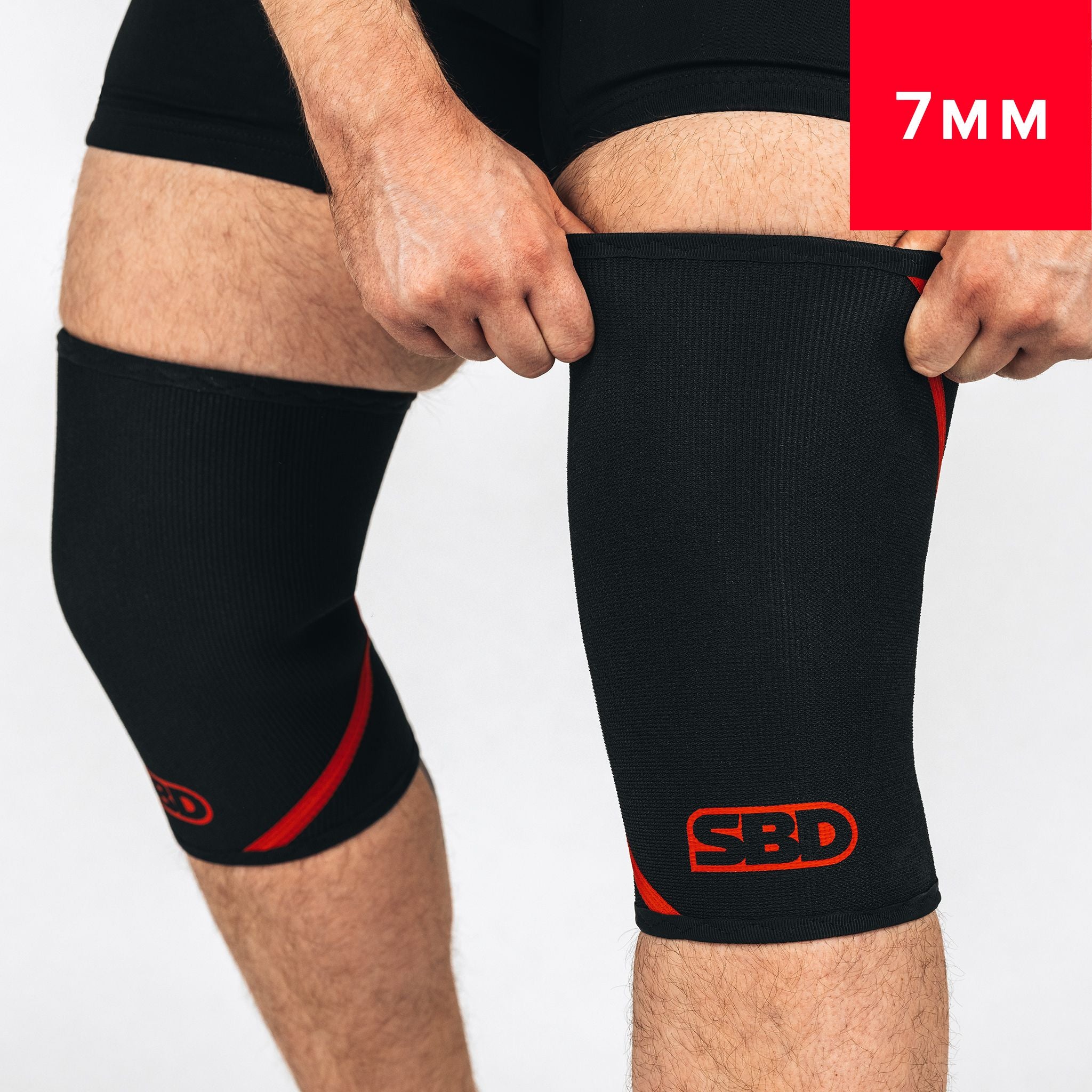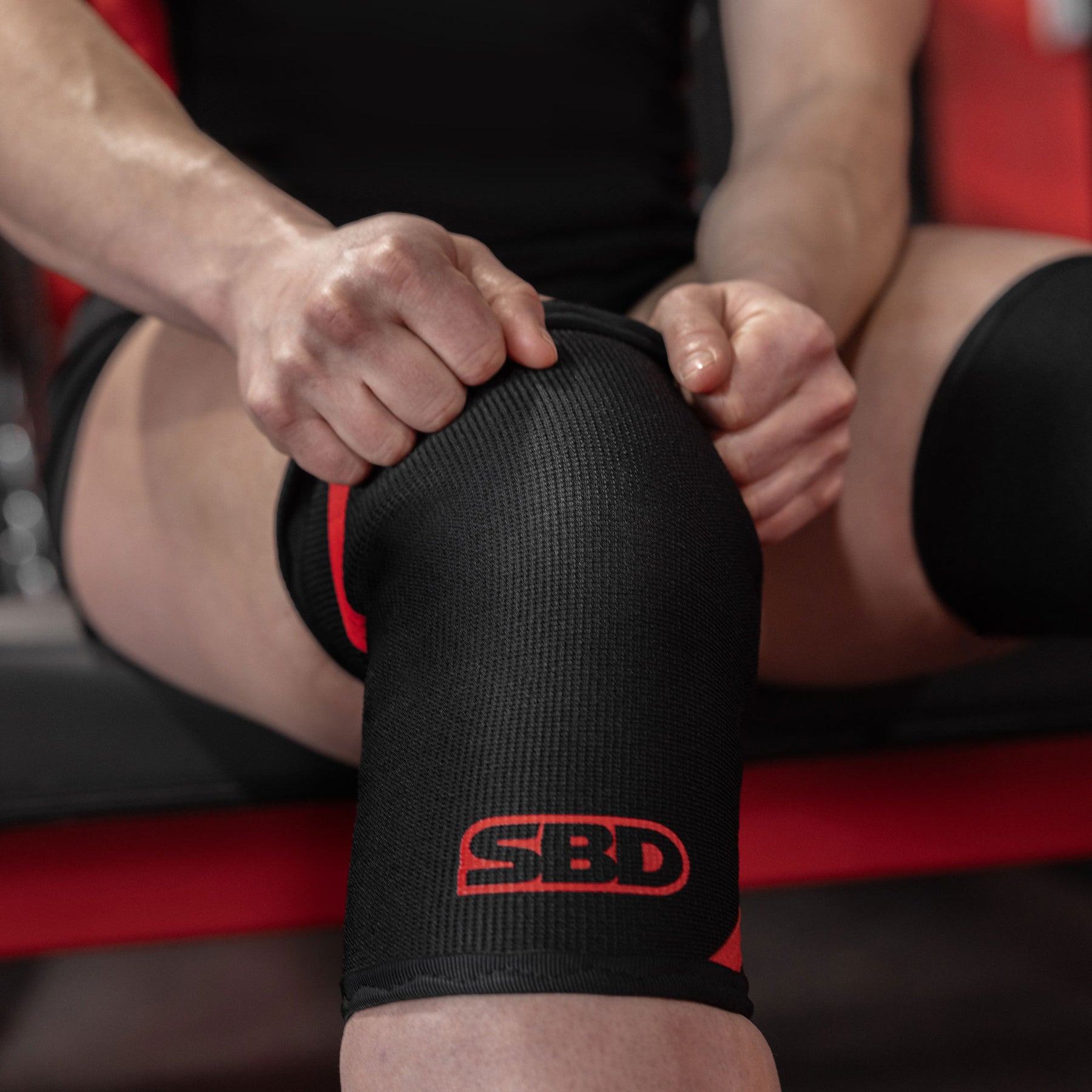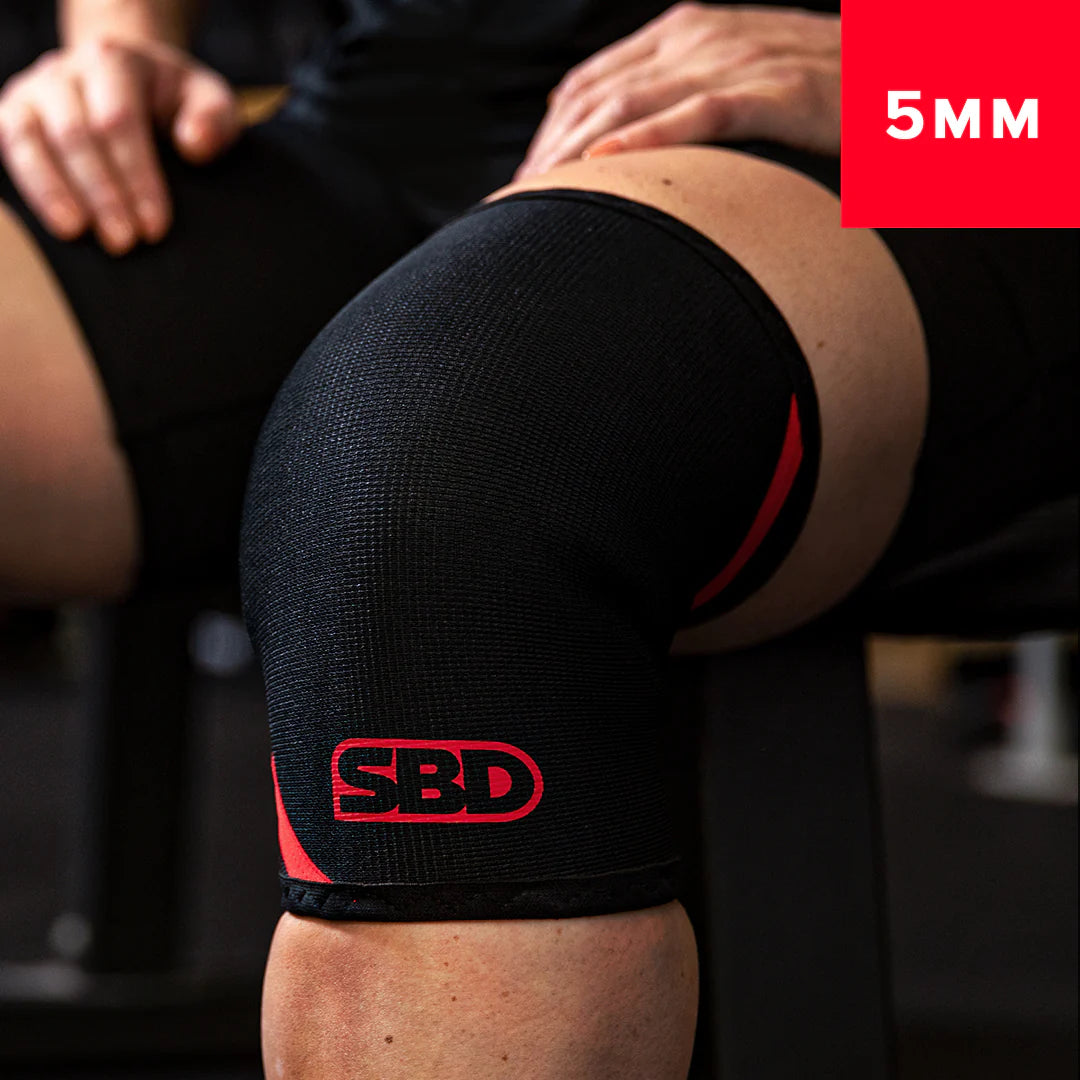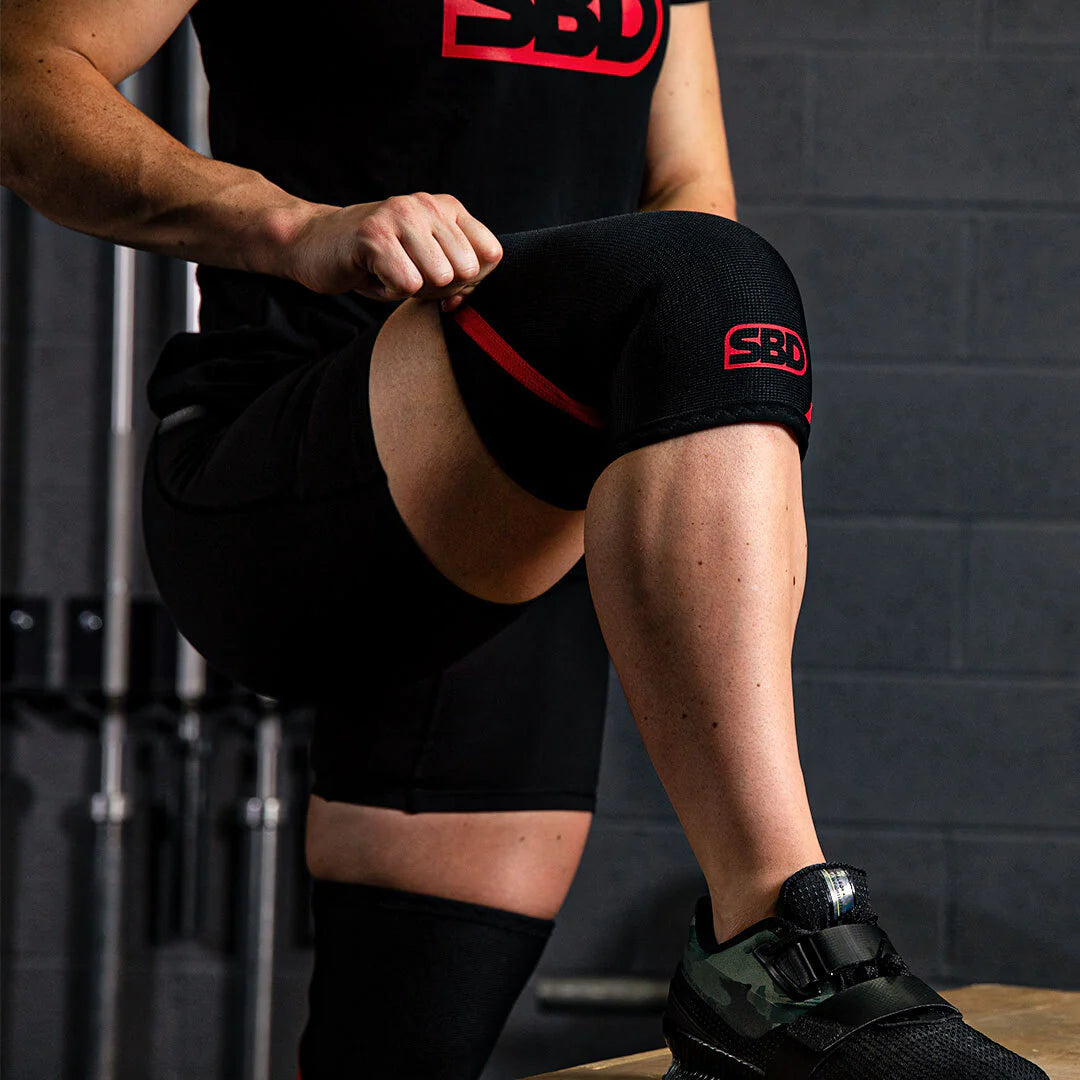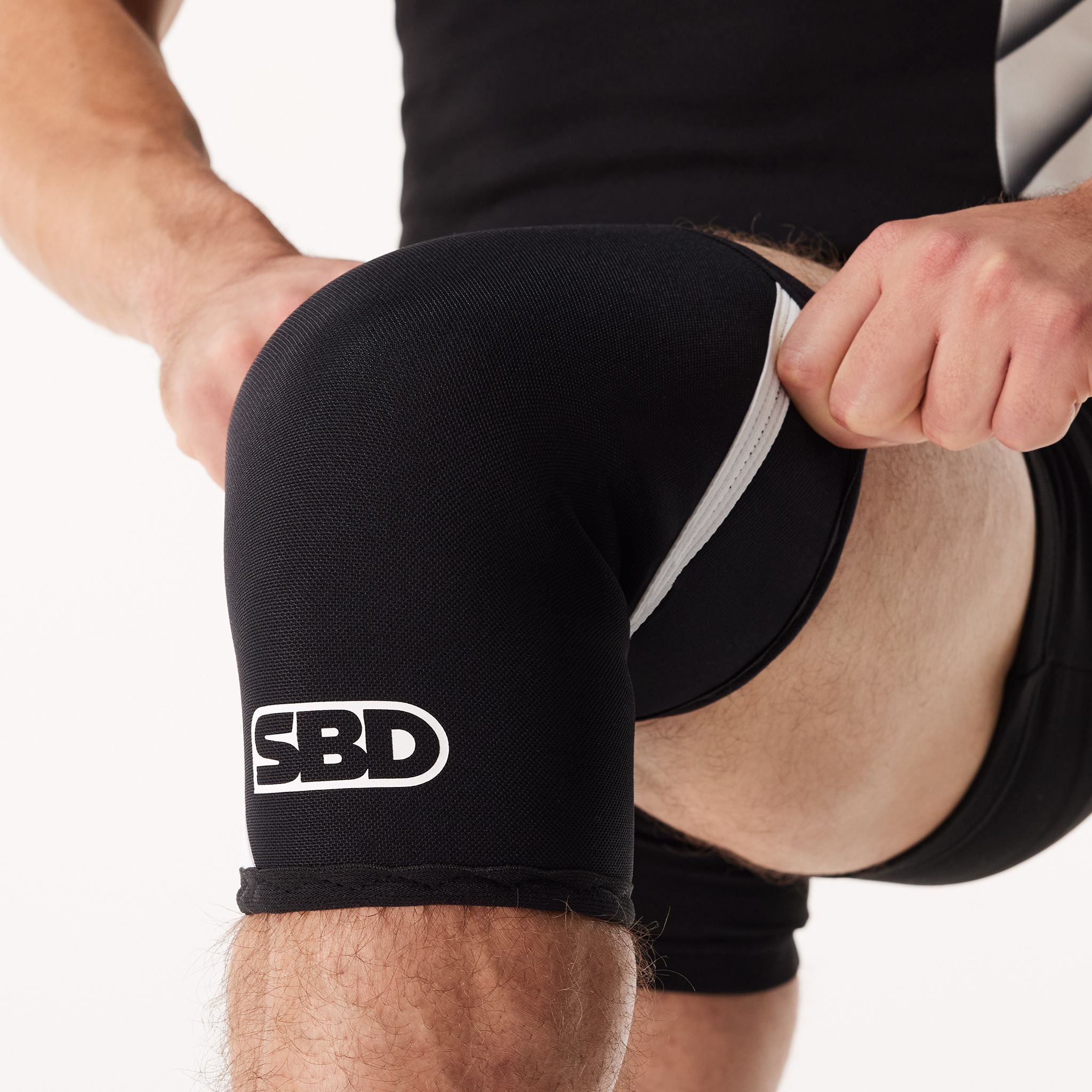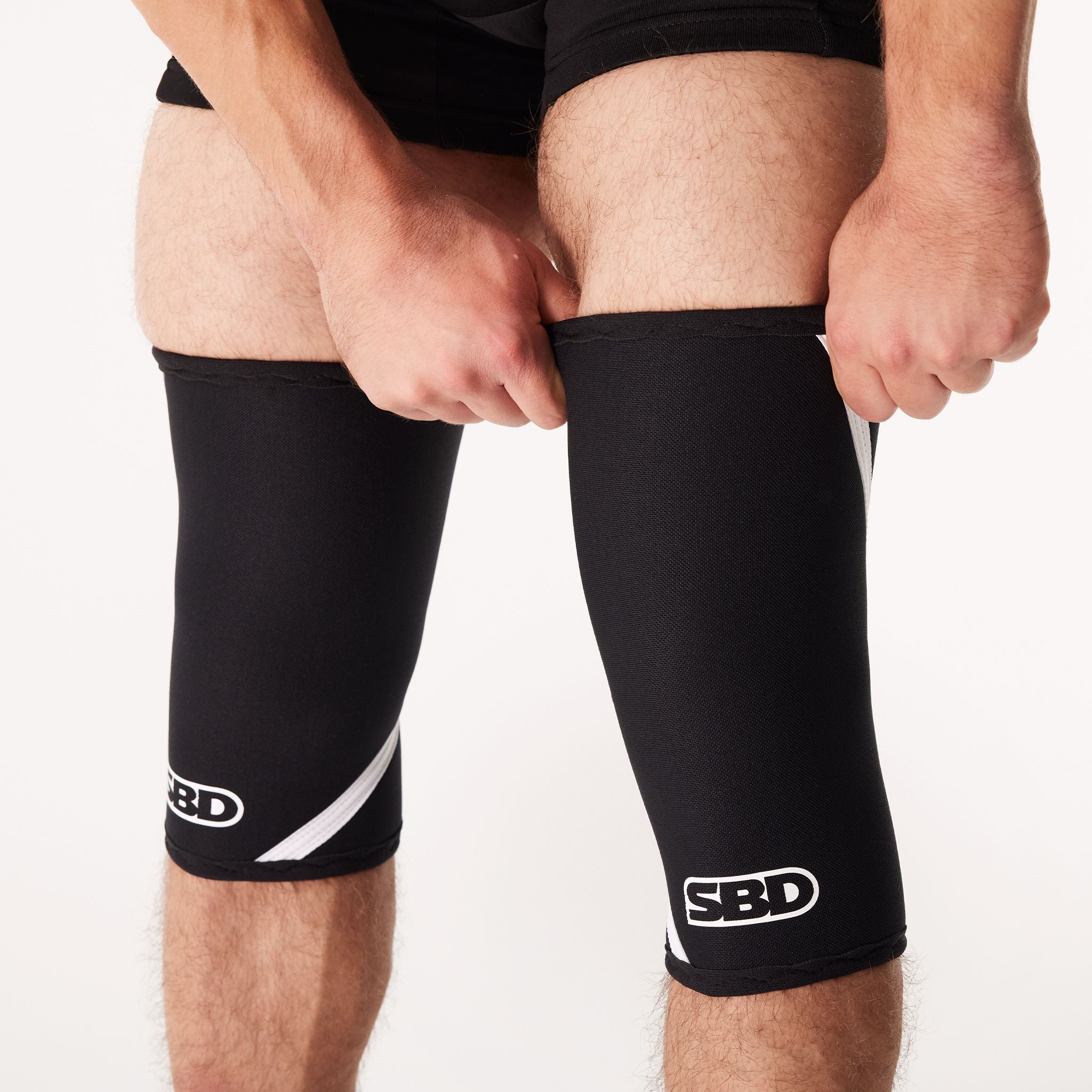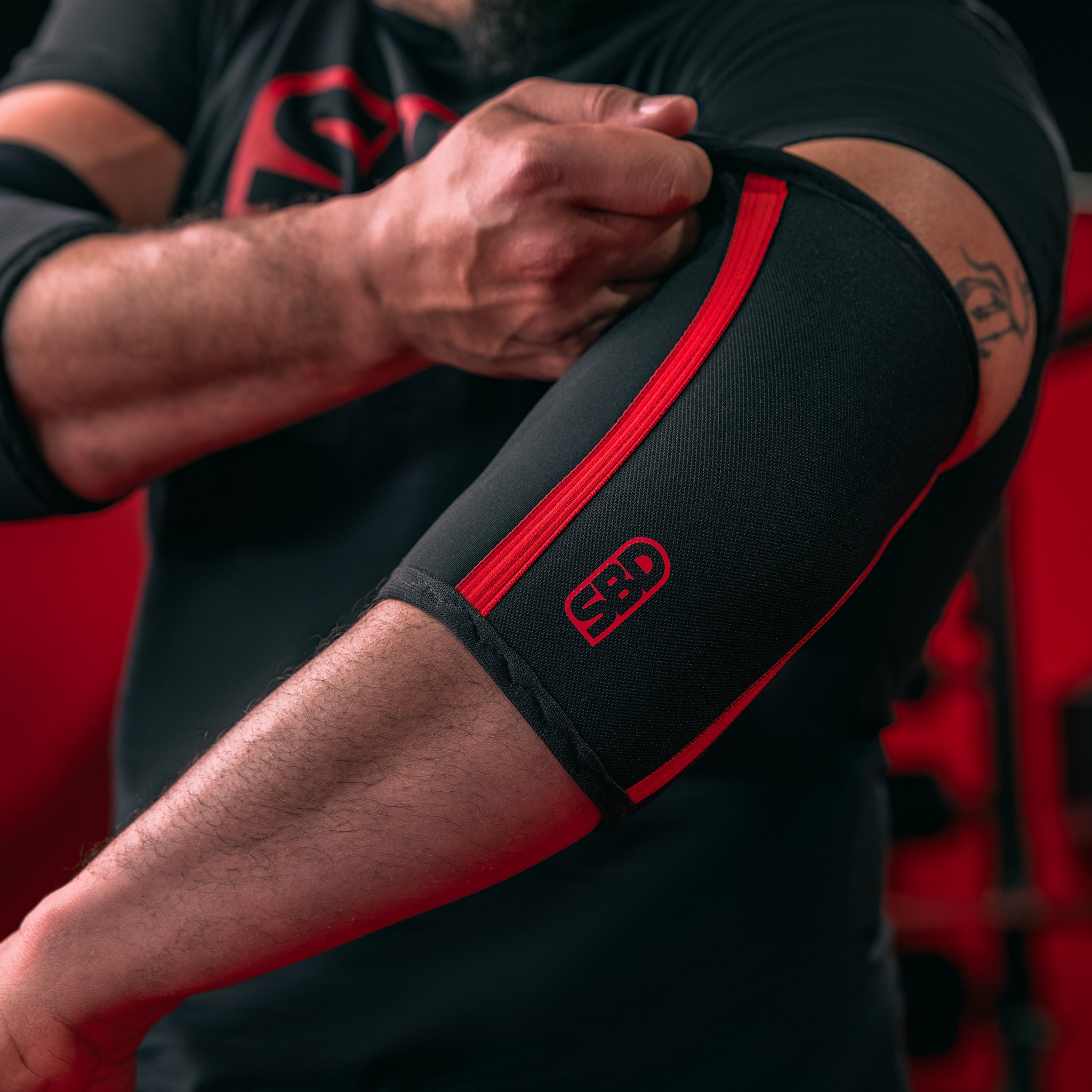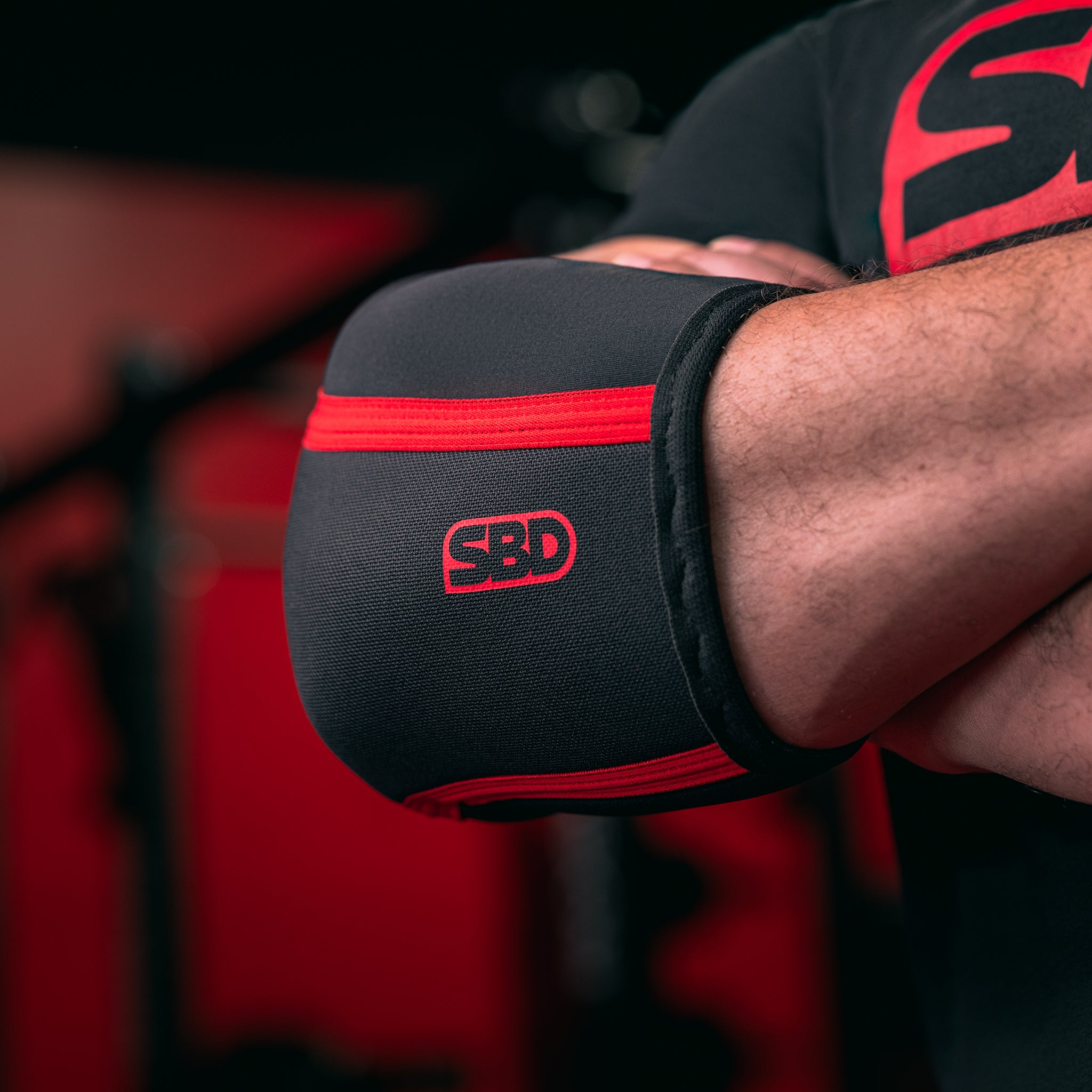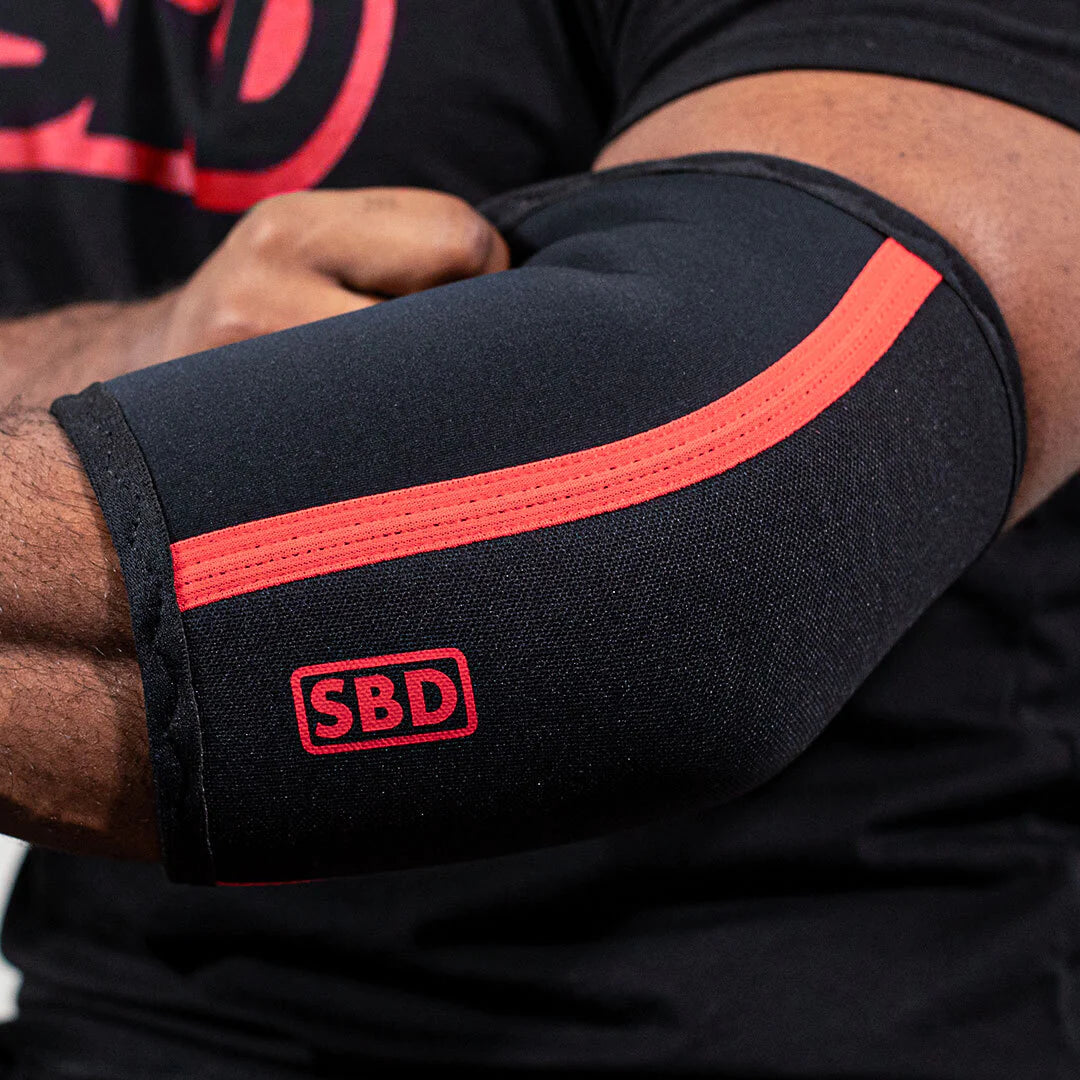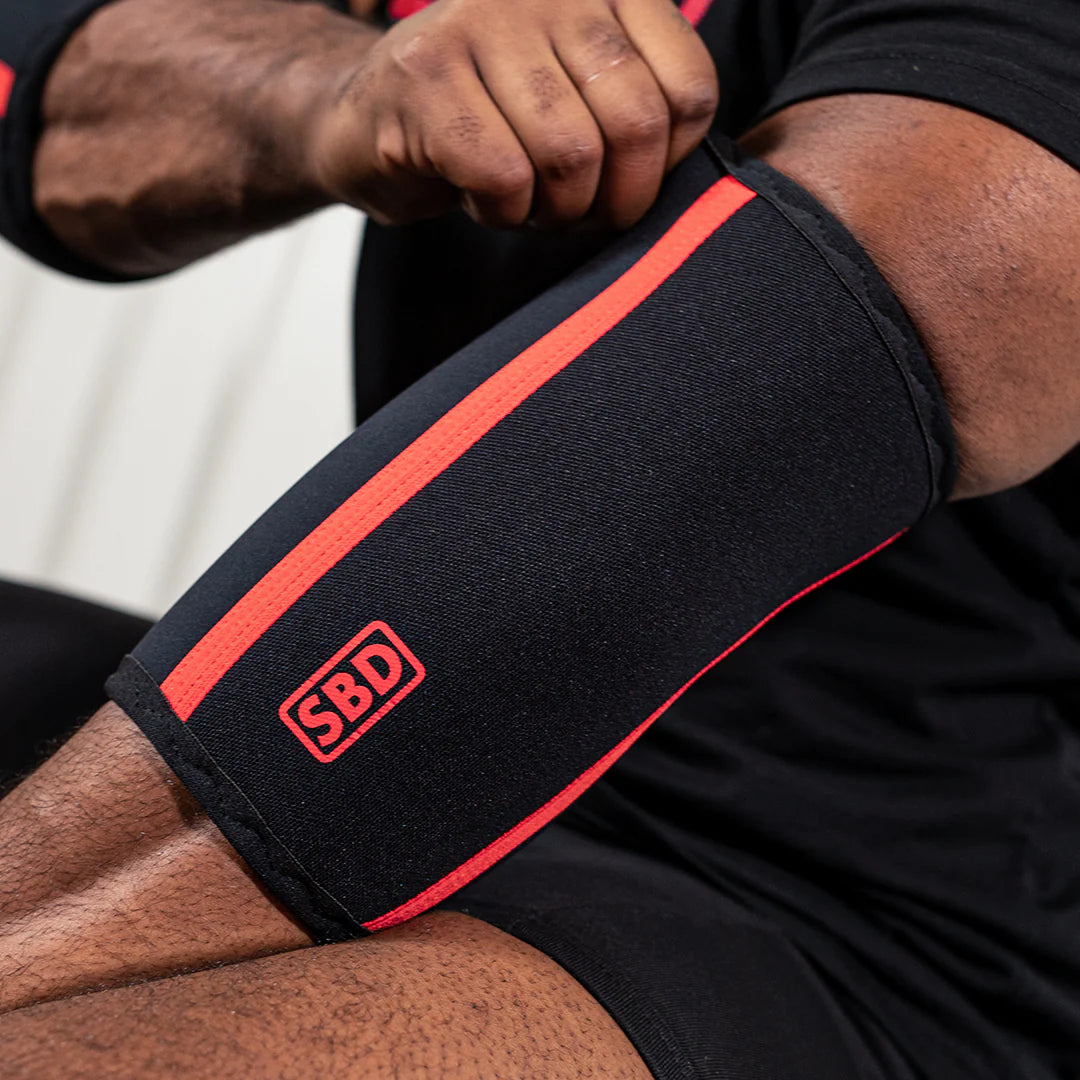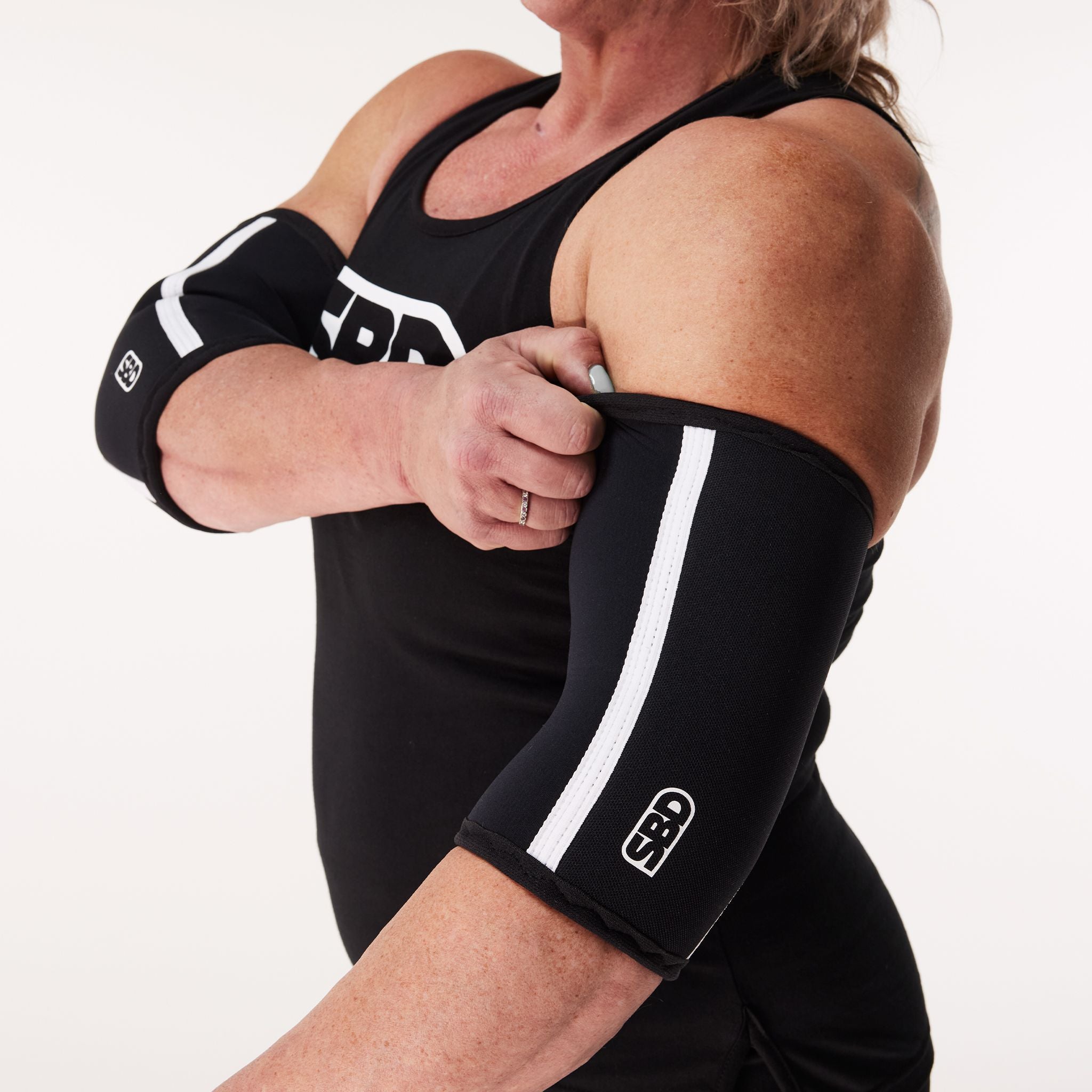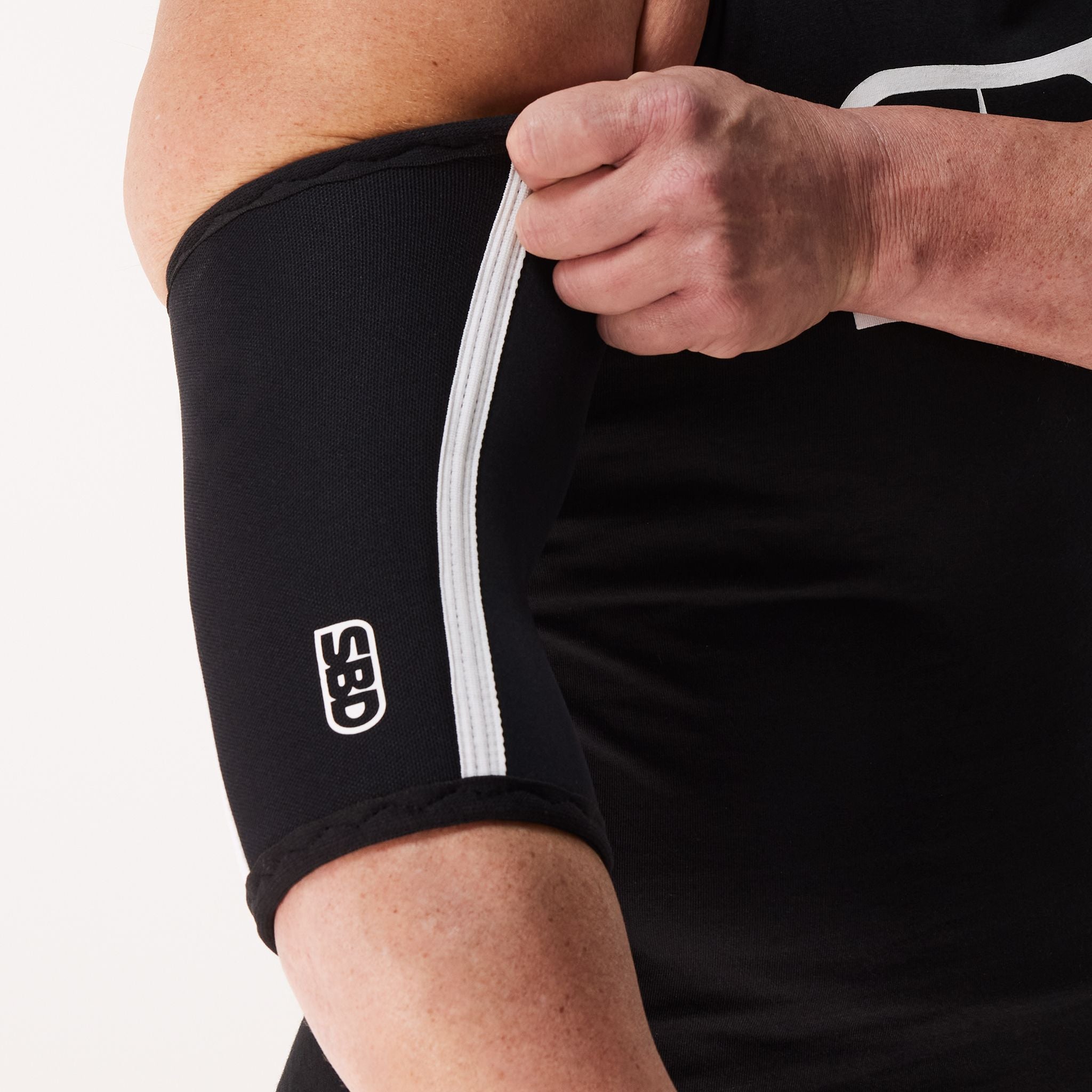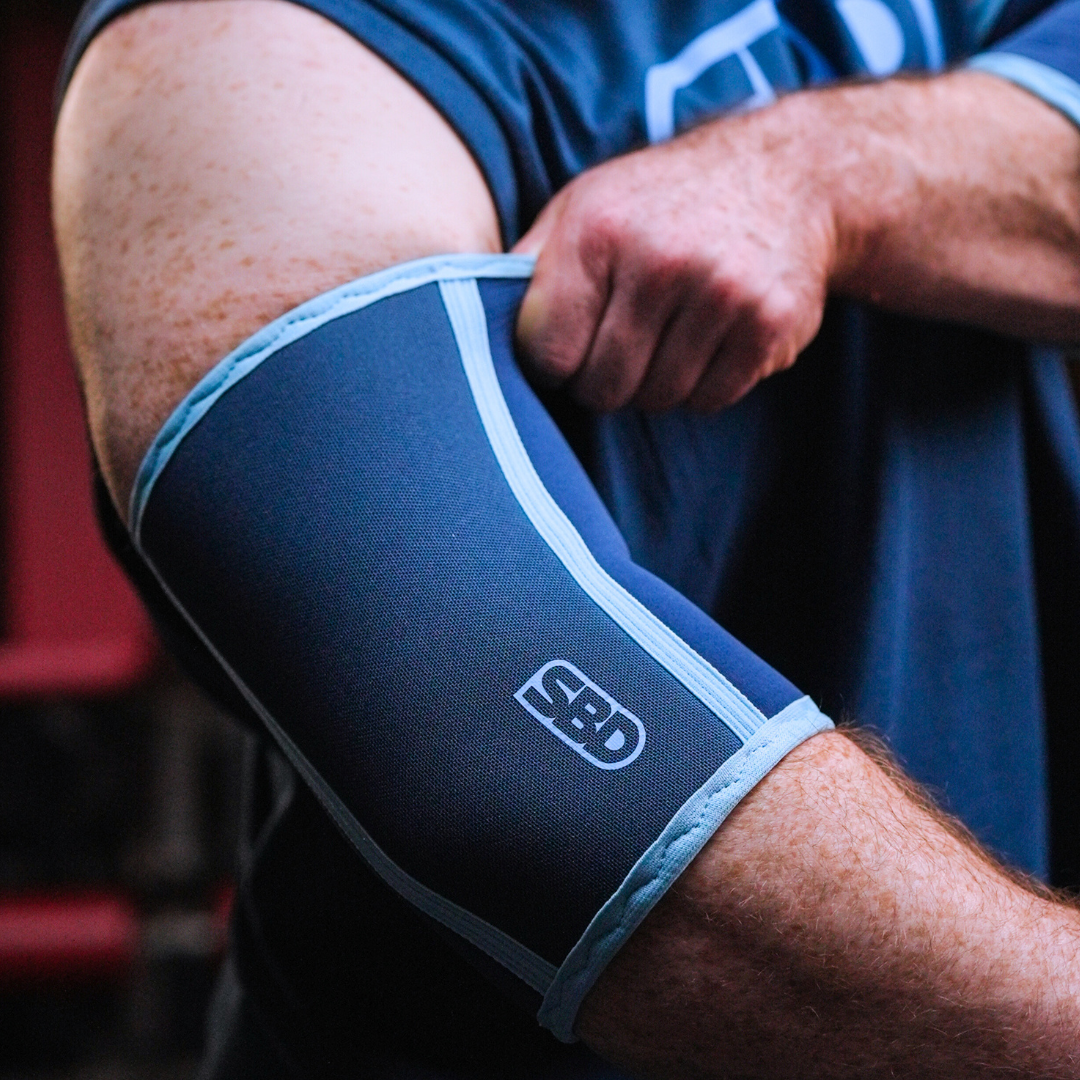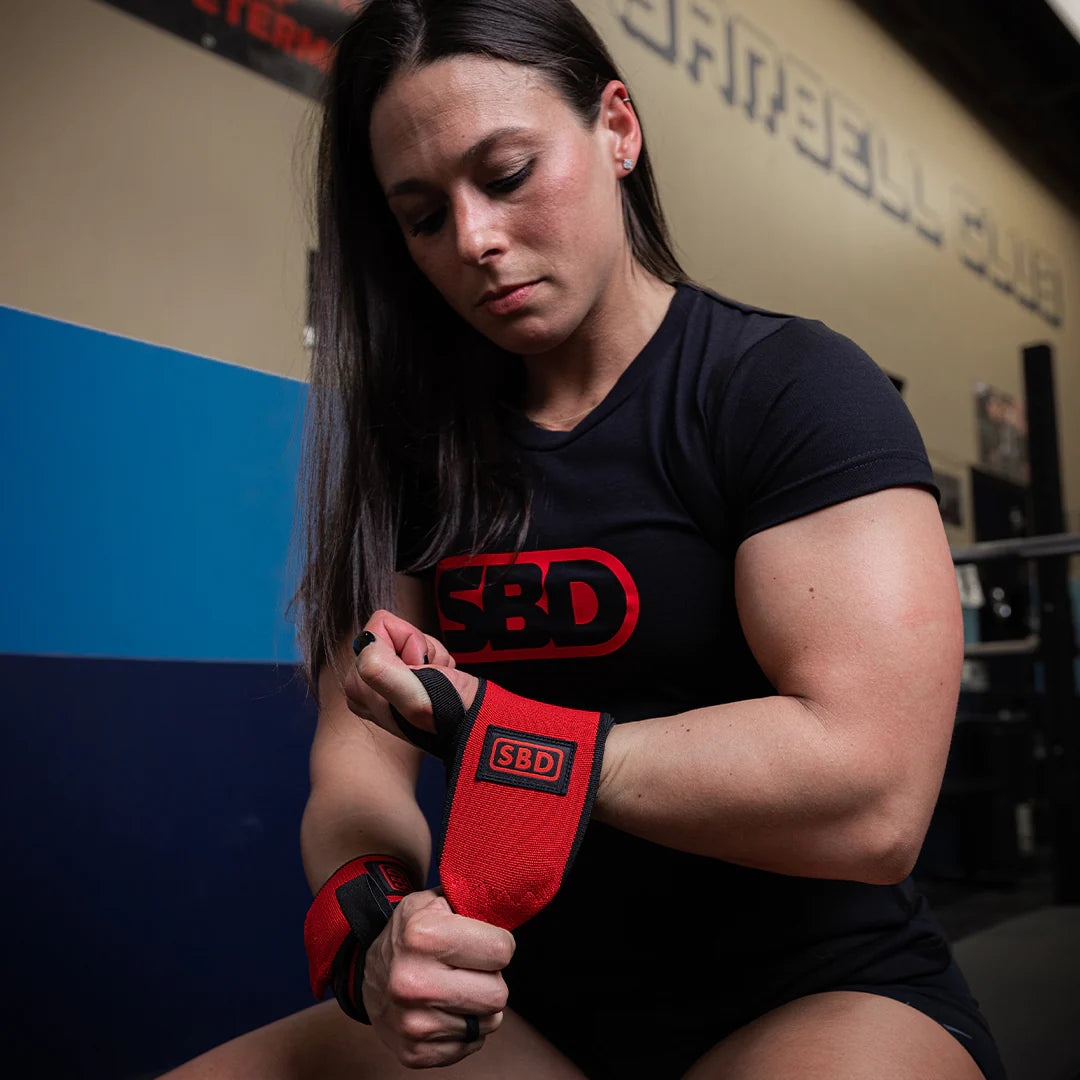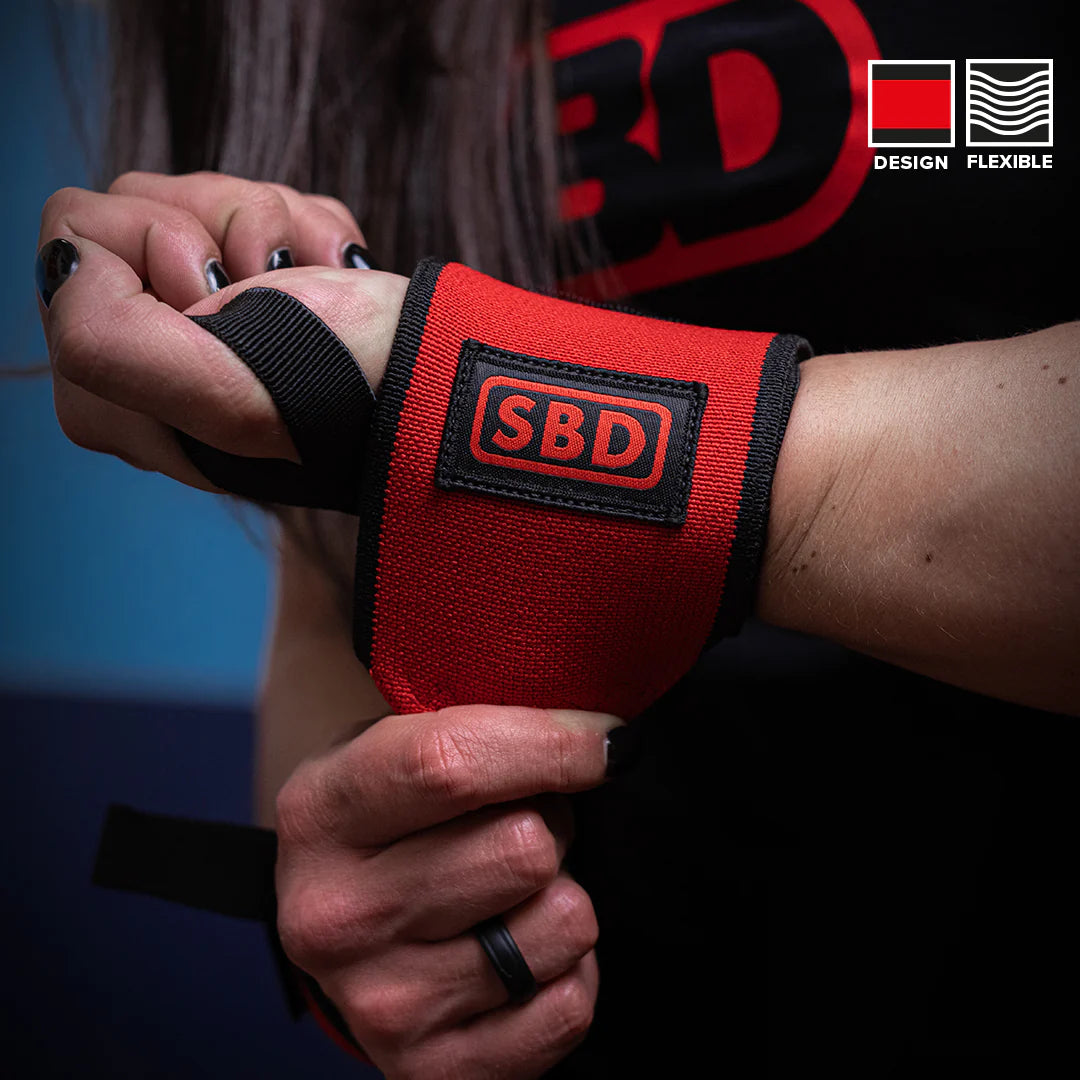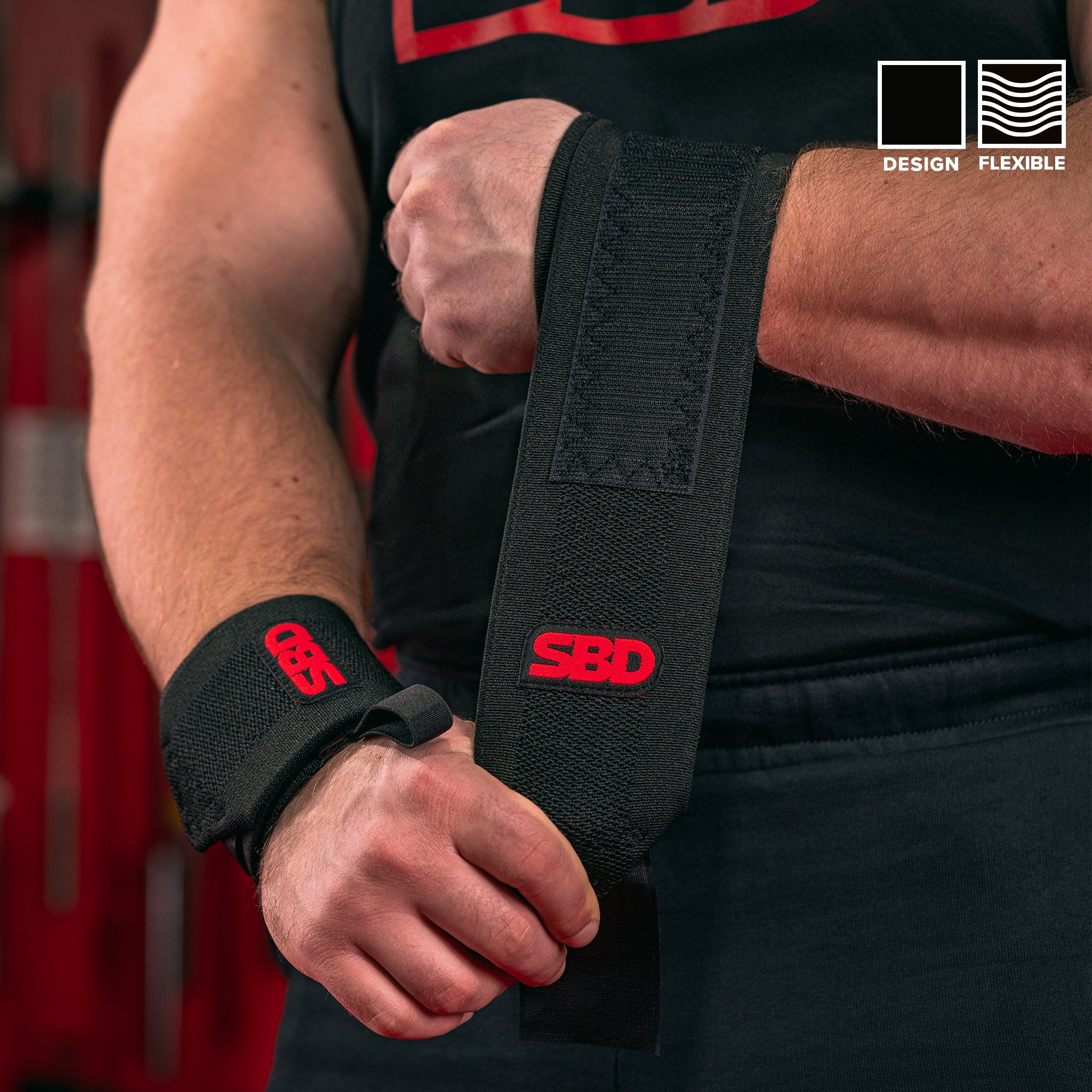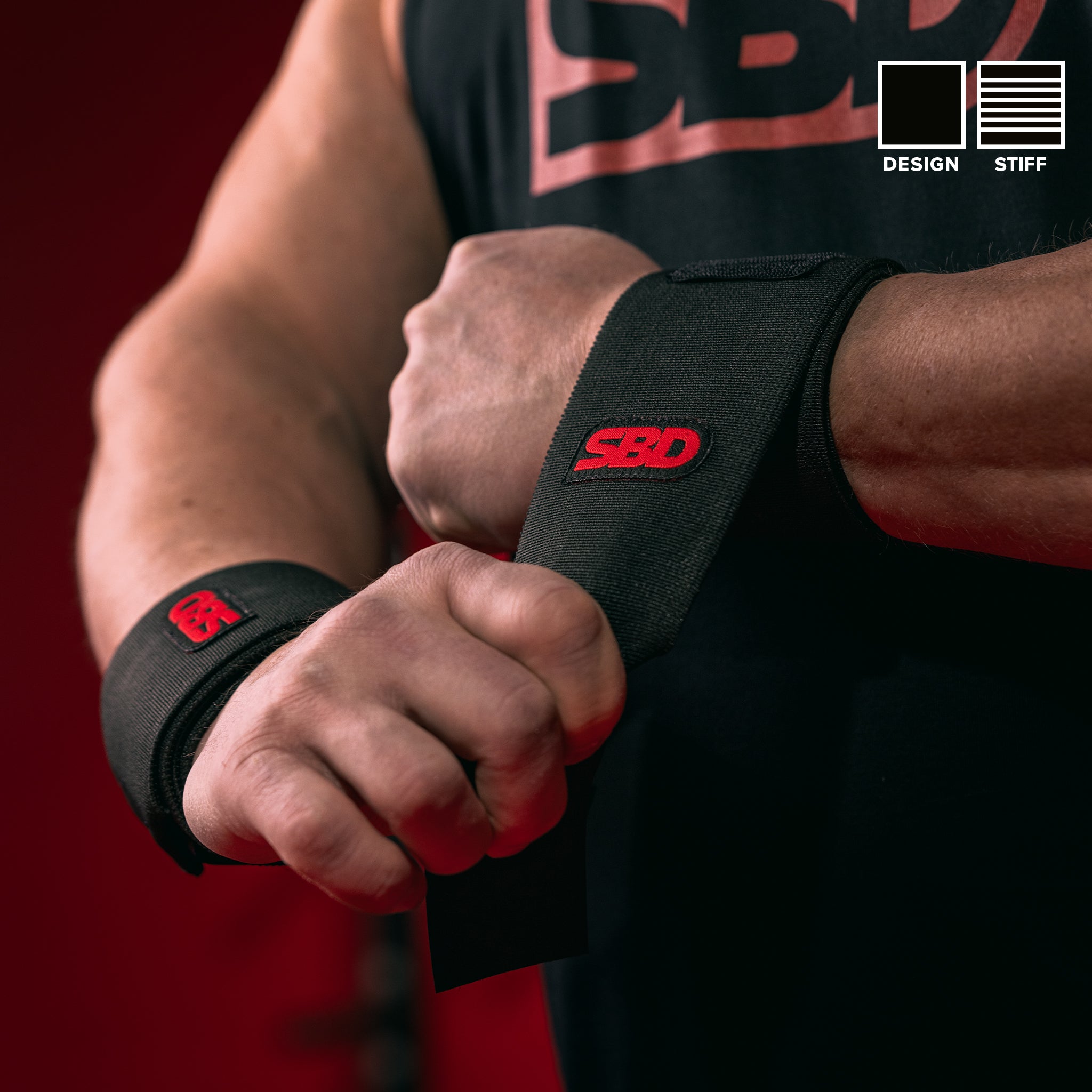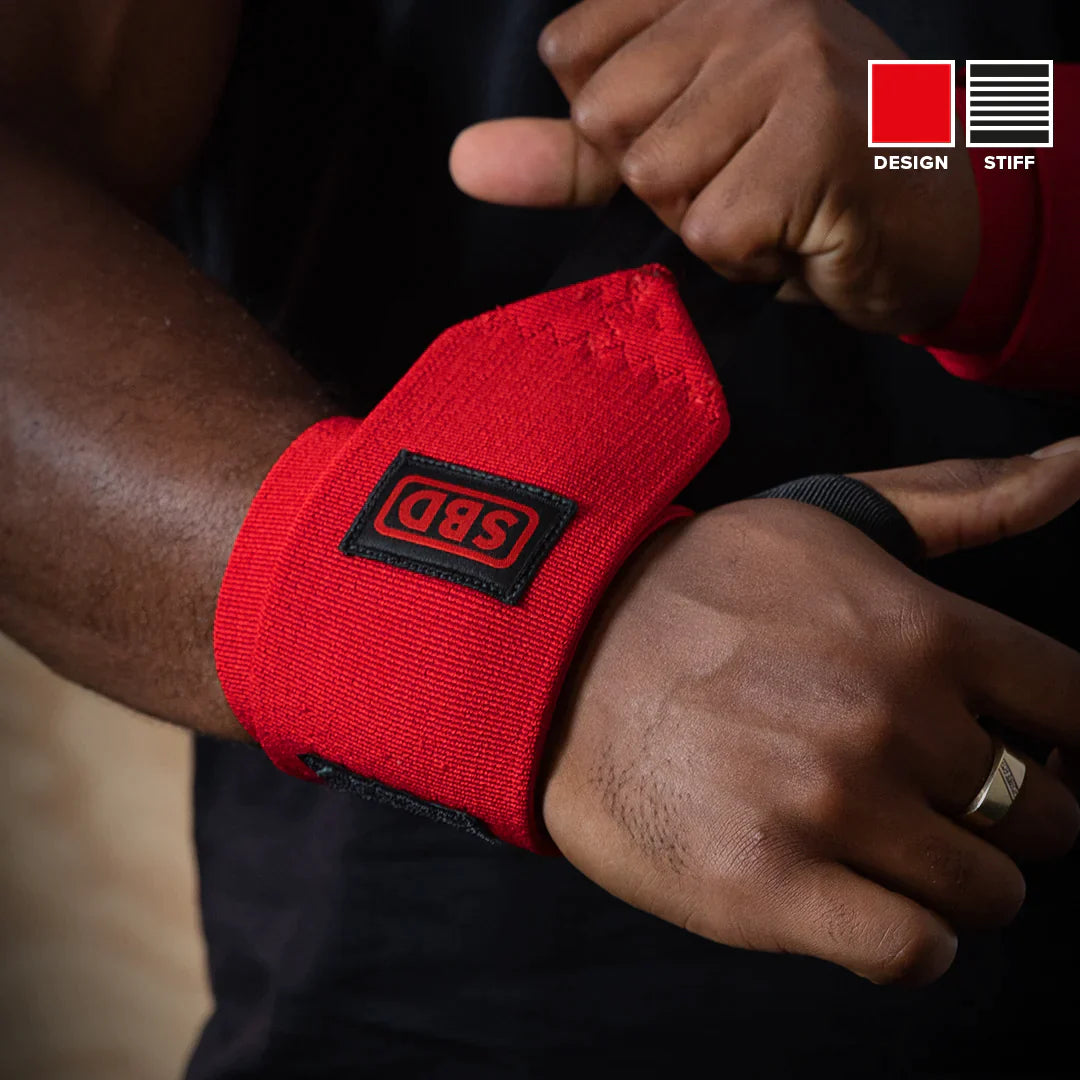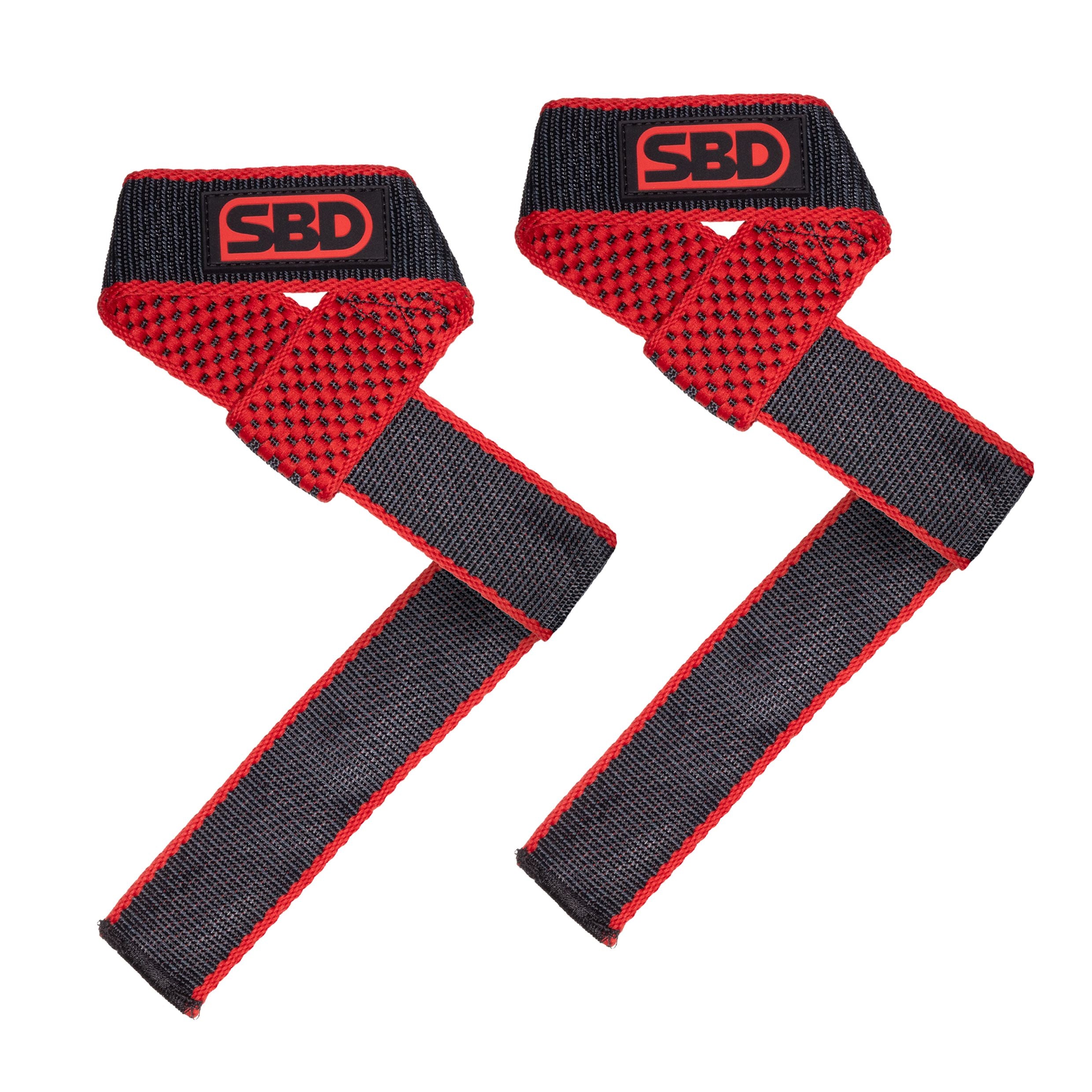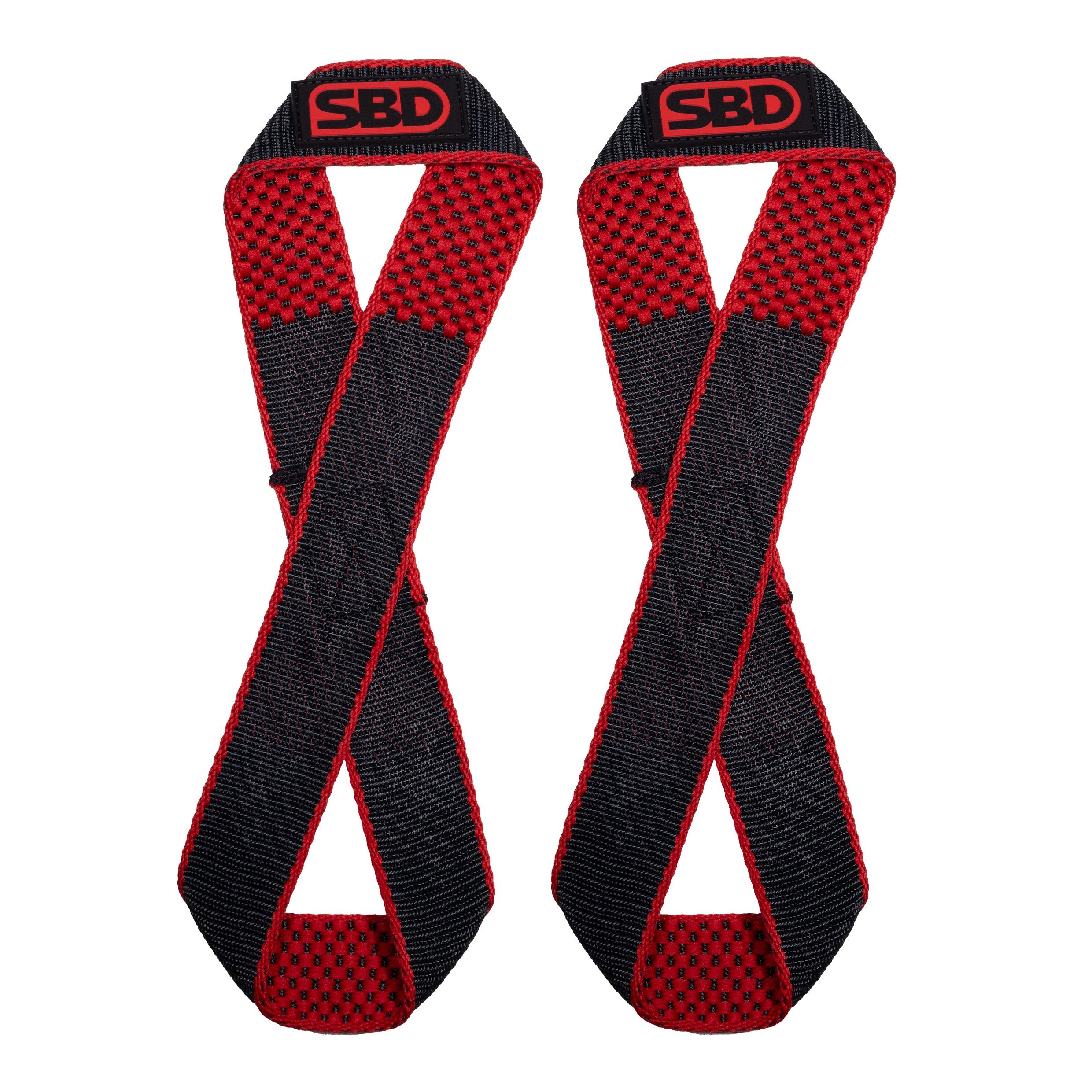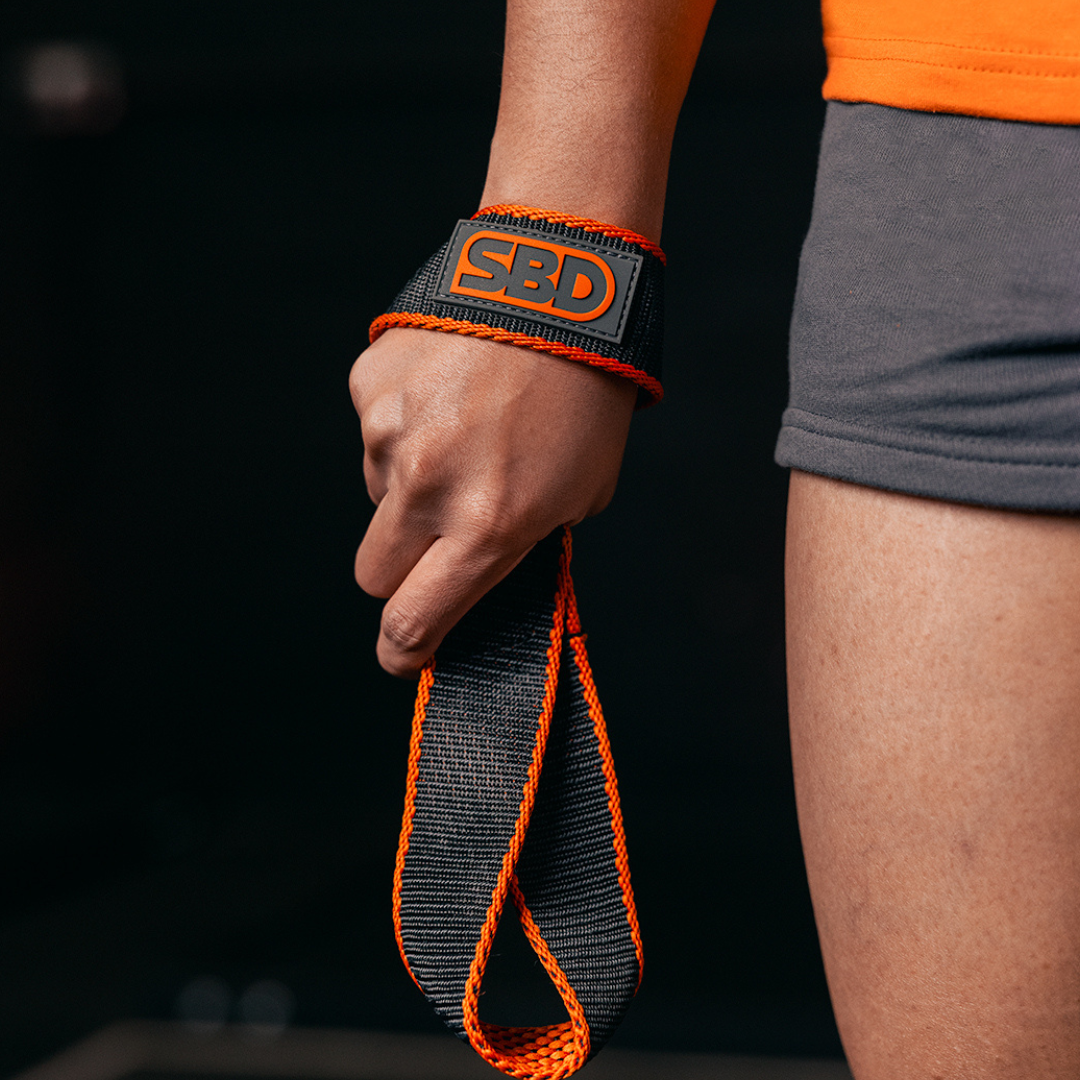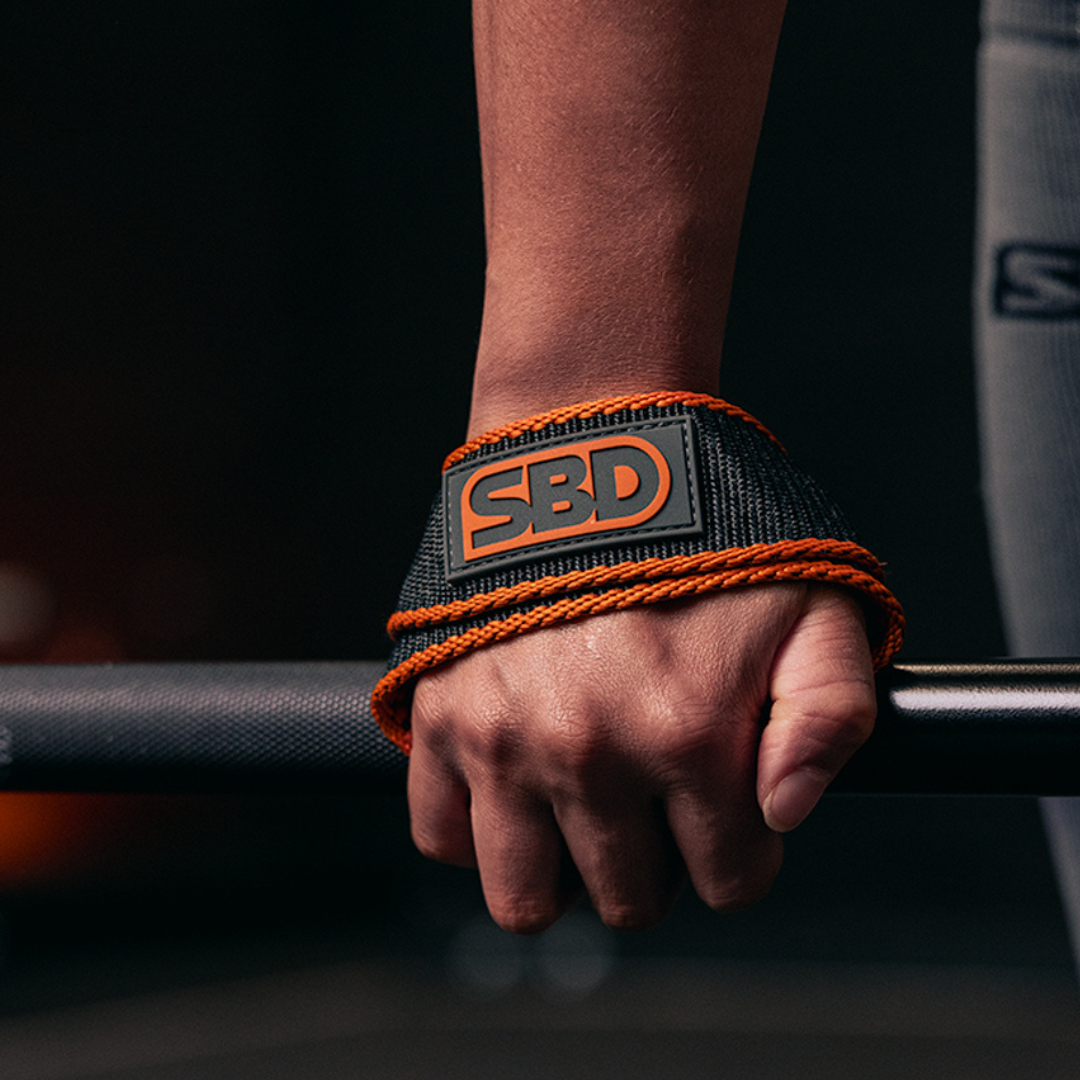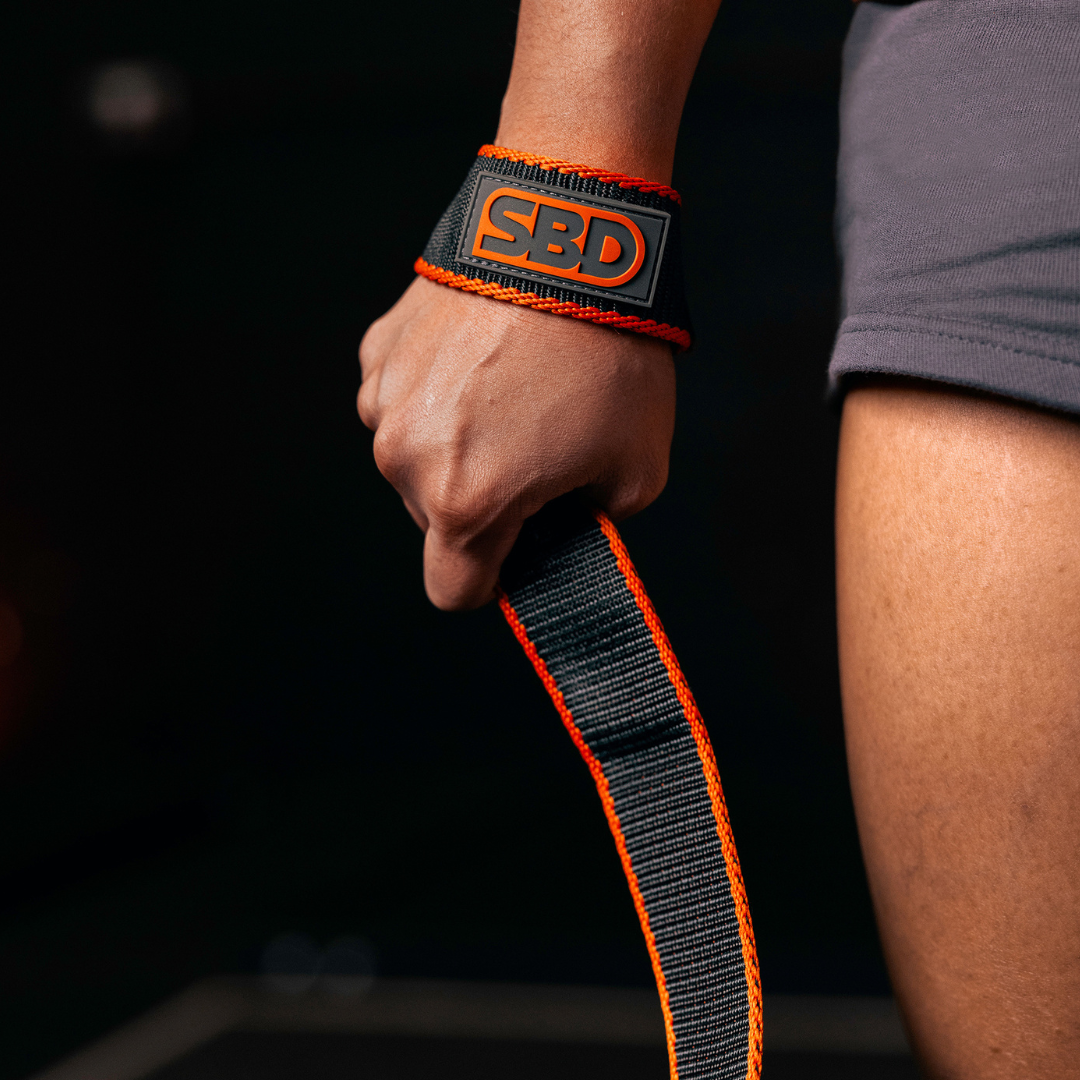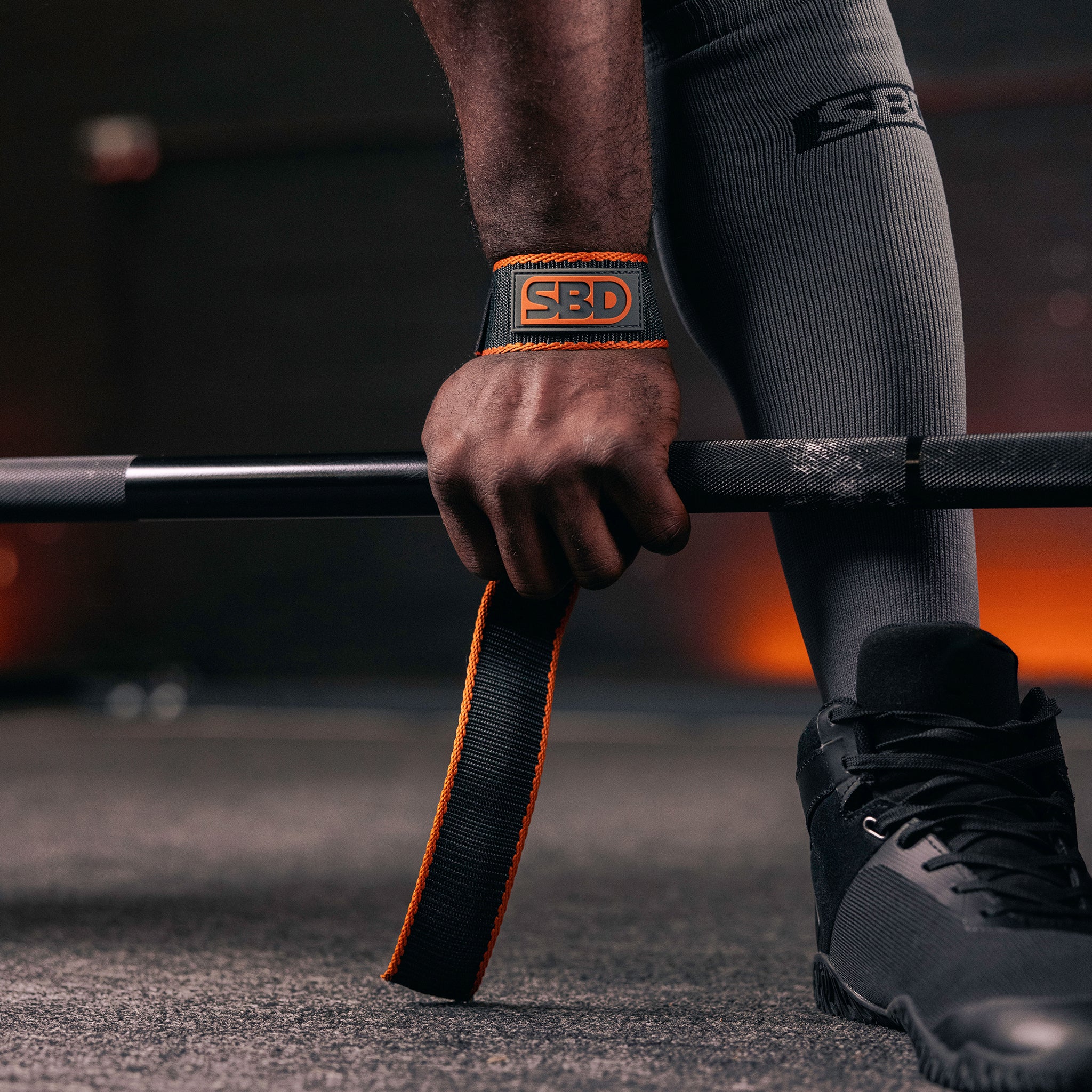Squats are often hailed as the king of all exercises. They target multiple muscle groups, improve functional fitness, and contribute to overall strength and mobility. But when it comes to performing squats, should you opt for barbell squats or dumbbell squats? Let’s explore.
Understanding Squats
What Are Barbell Squats?
Barbell squats involve using a barbell loaded with weights, typically placed across the upper back. This exercise is a staple in powerlifting, bodybuilding, and strength training programs.
What Are Dumbbell Squats?
Dumbbell squats involve holding dumbbells at your sides or at shoulder height while performing the squat movement. This variation is often used in functional fitness routines and for those training at home.
Why Compare Barbell and Dumbbell Squats?
Understanding the differences can help you determine which squat variation aligns better with your fitness goals, training environment, and physical capabilities.
Key Differences Between Barbell and Dumbbell Squats
Equipment Requirements
-
Barbell Squats: Require a barbell, weight plates, and ideally a squat rack.
-
Dumbbell Squats: Require only a pair of dumbbells, making them more accessible for home workouts.
Muscle Engagement
-
Barbell Squats: Place a heavier load on the quads, glutes, and hamstrings.
-
Dumbbell Squats: Engage stabiliser muscles more due to the independent nature of the weights.
Range of Motion
-
Barbell Squats: May limit depth for some individuals due to the load positioning.
-
Dumbbell Squats: Often allow for a deeper range of motion, particularly for beginners.
Strength Development
-
Barbell Squats: Better for maximal strength gains due to the ability to lift heavier weights.
-
Dumbbell Squats: Excellent for building muscular endurance and stability.
Safety Considerations
-
Barbell Squats: Require proper form and a spotter for heavy lifts.
-
Dumbbell Squats: Safer for beginners and those training alone.
Advantages of Barbell Squats
Increased Strength Gains
Barbell squats allow you to lift heavier weights, leading to greater strength adaptations.
Progressive Overload
The ability to incrementally increase the load makes barbell squats ideal for long-term progression.
Ideal for Powerlifting
Barbell squats are a competitive lift in powerlifting and crucial for athletes focusing on maximal strength.
Advantages of Dumbbell Squats
Versatility in Movement
Dumbbell squats can be modified to suit various fitness levels and goals.
Improved Balance and Stability
The independent nature of dumbbells enhances balance and coordination.
Easier for Beginners
Dumbbell squats are less intimidating and require less equipment, making them ideal for those new to strength training.
Which Type of Squat is Best for Your Goals?
Building Strength and Power
Barbell squats are the go-to for building raw strength and explosive power.
Targeting Muscle Endurance
Dumbbell squats are ideal for higher-rep sets and building muscular endurance.
Injury Prevention and Rehabilitation
Dumbbell squats may be better for those recovering from injuries or focusing on joint health.
Common Mistakes and How to Avoid Them
Poor Form
-
Solution: Focus on technique and consider working with a trainer.
Improper Weight Selection
-
Solution: Choose a challenging yet manageable weight.
Neglecting Warm-Up and Cool-Down
-
Solution: Incorporate dynamic stretches and mobility drills before and after your workout.
FAQs
Are barbell squats better than dumbbell squats?
It depends on your goals. Barbell squats are better for maximal strength, while dumbbell squats excel in versatility and balance training.
Can dumbbell squats replace barbell squats?
Dumbbell squats can be an effective substitute, especially for home workouts or beginners.
Which squat type is safer for beginners?
Dumbbell squats are generally safer and easier for beginners to learn.
How can I progress with dumbbell squats?
Increase the weight, perform single-leg variations, or add tempo changes to make dumbbell squats more challenging.
What are the best accessories for barbell squats?
Lifting belts, knee sleeves, and squat shoes can enhance performance and safety.
Can I combine both barbell and dumbbell squats?
Absolutely! Combining both variations can provide a well-rounded lower body training program.
Conclusion: Choosing the Right Squat for You
Both barbell and dumbbell squats have unique benefits. Your choice should depend on your fitness goals, equipment availability, and experience level. For the best results, consider incorporating both variations into your training routine




